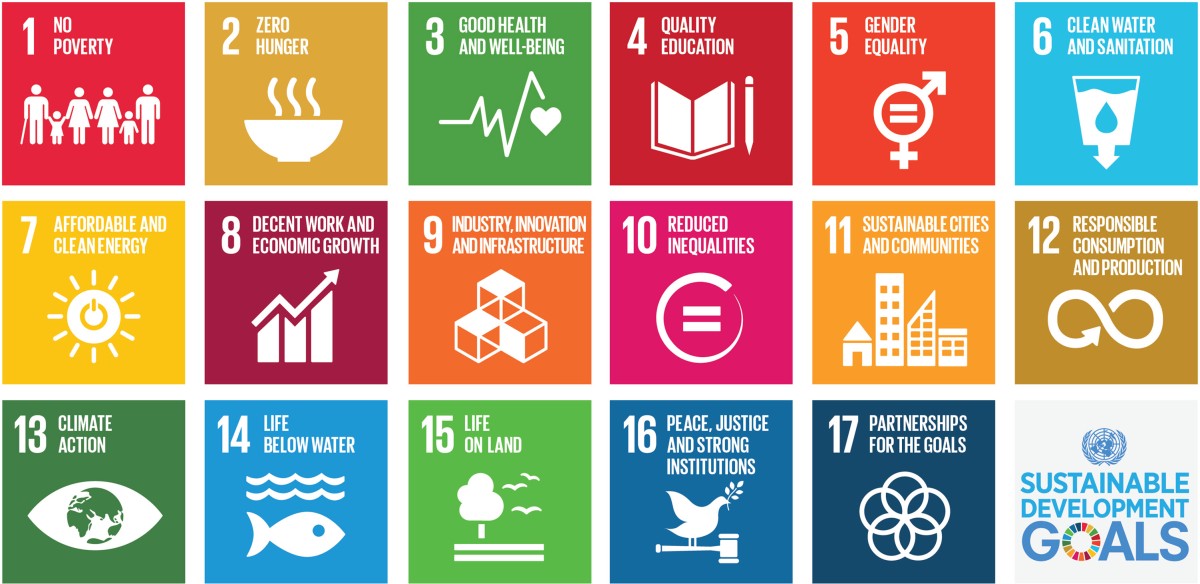* About the Sustainable Development Goals (SDGs)
The 17 Sustainable Development Goals (SDGs) with their 169 sub-goals are the core of the 2030 Agenda, taking into account the economic, social and environmental dimensions of sustainable development in a balanced way and bringing together poverty reduction and sustainable development in one agenda for the first time.
SDG Impact and Engagement Awards 2025

For the third time, the Faculty of Business, Economics and Informatics honors scholarly work at the Bachelor's, Master's, and Doctoral levels that contributes science to the achievement of the UN Sustainable Development Goals (SDGs)* and thus has an impact on society, the environment, and the economy. The awards were presented at theFaculty's graduation ceremony on 24 May 2025. Here an overview of all awardees and nominees of 2025.
Awardees SDG Impact Awards
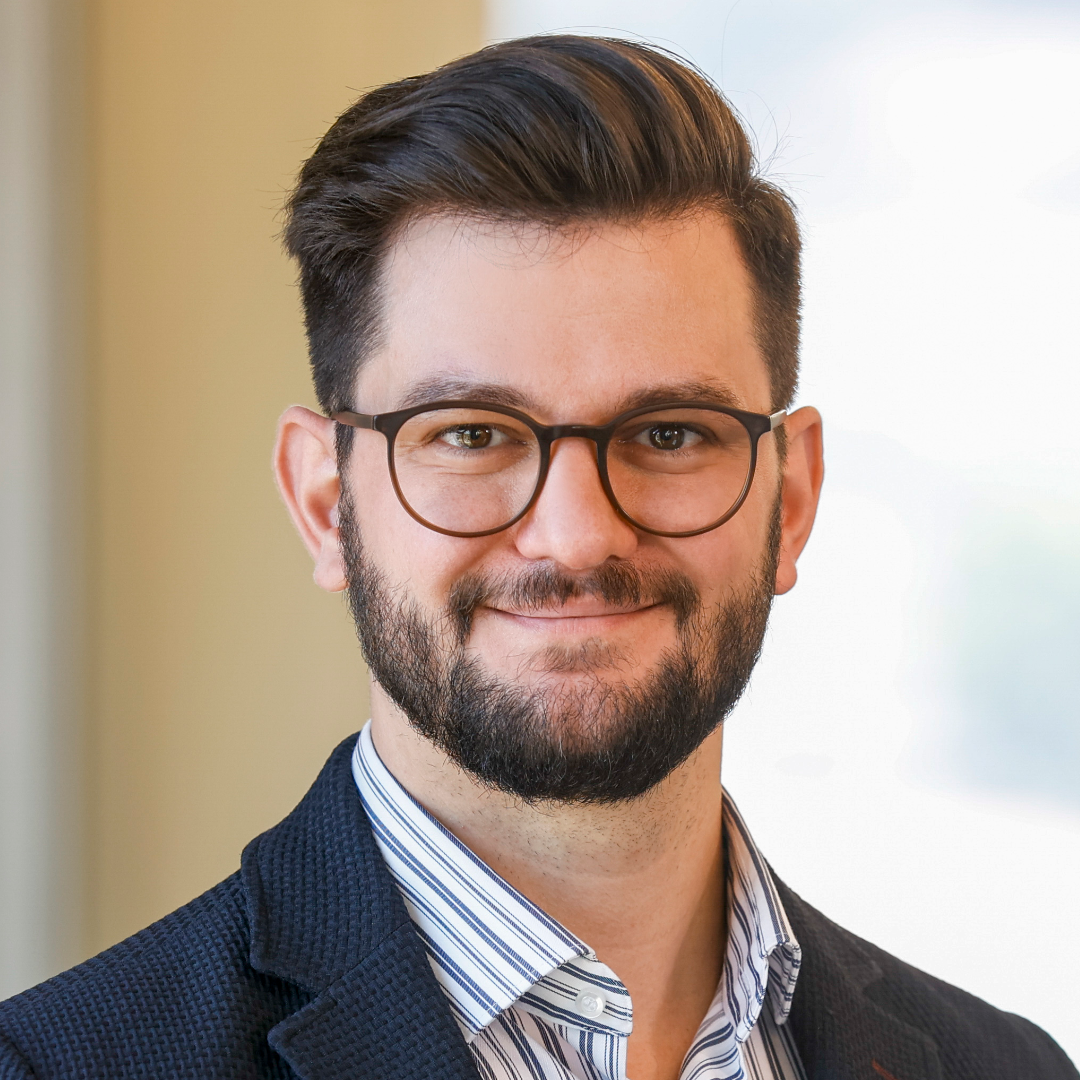
Doctoral level: Dario Stähelin
With his outstanding dissertation entitled “Digital Empowerment of Patients and Health Providers for Collaboration in Chronic Care”, Dario Stähelin makes a decisive contribution to the implementation of the Sustainable Development Goals SDG 3 “Good Health and Well-Being”, SDG 9 “Industry, Innovation und Infrastructure” and SDG 10 “Reduced Inequalities”.
Dario Stähelin (32) holds a Bachelor's degree in Business Administration and a Master's degree in Business Innovation from the University of St. Gallen (HSG). Even then, he was fascinated by the potential of technology in the healthcare sector. Today, he researches and teaches digital health and business informatics at the University of Applied Sciences of Eastern Switzerland. In his spare time, he enjoys photographing animals, gardening and reading science fiction.
Supervisor: Prof. Gerhard Schwabe
Contact: LinkedIn Dario Stähelin
Digital helpers: tackling chronic illnesses together (read Abstract )
Ms. Müller is one of the 2.2 million people in Switzerland who suffer from a chronic illness. And this figure is rising. At the same time, there is a shortage of medical staff. This presents a challenge for healthcare systems. Can digital tools help? Dario Stähelin investigated this in his dissertation. Currently, digital assistants are often designed for either health providers or patients, but not both. His research shows that close collaboration between patients and health providers is crucial. He is researching the design of tools that support both parties simultaneously. The aim is to link patient self-management with consultations. Digital solutions are not isolated tools, but genuine aids for joint decision-making. Ms. Müller now has a tool that helps her to integrate her therapy into her everyday life, thereby improving her quality of life.

Master’s level: Hui Zhang
With her outstanding Master’s thesis entitled “Seeding interventions to increase participation in voluntary environmental programs”, Hui Zhang makes a decisive contribution to the implementation of the Sustainable Development Goals SDG 2 “Zero Hunger”, SDG 13 “Climate Action” and SDG 15 “Life on Land”.
Hui Zhang (26) studied Economics at the University of Zurich and graduated with a Master's degree in 2024. During her studies, she focused on interventions to improve participation in sustainable agriculture. She is currently pursuing her PhD in Economics at HEC Lausanne. In her spare time, she enjoys playing video games and baking.
Supervisor: Prof. René Algesheimer
Contact: LinkedIn Hui Zhang
Combating Deforestation: Promoting Agroforestry in Cocoa Farming (read Abstract)
Half of the world’s cocoa is produced in Côte d’Ivoire and Ghana, where cocoa farming has been responsible for around 50% of deforestation over the past two decades. Agroforestry – integrating trees into cocoa cultivation – offers farmers a way to boost productivity and reduce environmental damage, yet adoption remains low. As part of a larger collaboration with ETH Zurich and the University of Cambridge, this Master’s thesis used simulations grounded in a baseline survey from 120 villages. The project developed promotional strategies to increase participation in a voluntary environmental program and tested their effectiveness. The results highlight the potential of low-cost interventions in environmental action, and the project’s findings were shared at the Sunbelt conference (Edinburgh, 2024) and have inspired further research proposals.

Bachelor’s level: Maya Guido
With her outstanding Bachelor’s thesis entitled “Towards inclusivity in machine learning development: Building data annotation tools for visually impaired people”, Maya Guido makes a decisive contribution to the implementation of the Sustainable Development Goals SDG 8 “Decent Work and Economic Growth”, SDG 9 “Industry, Innovation und Infrastructure” and SDG 10 “Reduced Inequalities”.
Maya Guido studied Informatics at the University of Zurich and currently works as an engineering program manager at Apple’s Computer Vision Lab in Zurich. She is passionate about exploring how technology can be developed in a way that is responsible, inclusive and aligned with human values. In addition to her work and research, Maya is a board member of the Swiss Association for the Blind, where she works on initiatives to expand access to technological education for the visually impaired. Through her contributions, she hopes to empower underserved communities and promote greater inclusivity in the tech world.
Supervisor: Prof. Elaine Huang
Contact: LinkedIn Maya Guido
To build AI that works for everyone, we need everyone to build it (read Abstract)
Many machine learning models feed on data that is traditionally labeled by humans. These human inputs can guide how AI systems understand the world and make decisions. Consequently, AI can inherit biased or narrow perspectives from the crowd that labels its data. This can lead to inequitable outcomes, especially for underrepresented communities who have historically had fewer opportunities to take part in such stages of the ML development pipeline. In her thesis, Maya Guido addresses this challenge by developing a tool that enables blind and visually impaired individuals to actively contribute to data labelling. Built with and for this community, the tool enables users to annotate audio data non-visually leveraging screen reader output and accessible keyboard navigation. Inclusive machine learning tools like these are a step towards ensuring that AI is shaped by the diversity of those it is meant to serve.
All nominees at a glance
DOCTORAL LEVEL
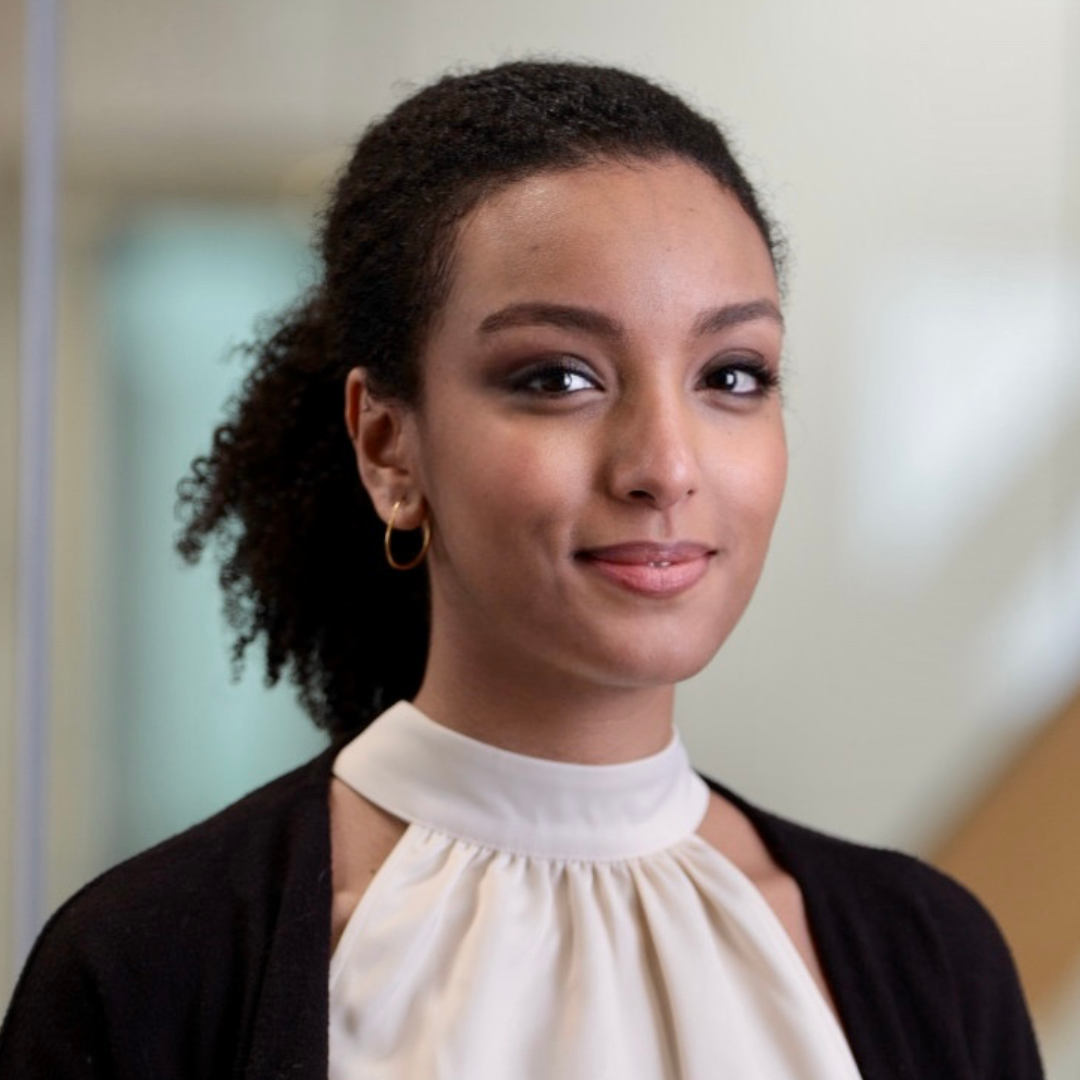
Winta Beyene
With her outstanding dissertation entitled "Essays in Empirical Banking and Climate Finance", Winta Beyene makes a decisive contribution to the implementation of Sustainable Development Goal SDG 13 "Climate Action".
Winta Beyene received her PhD in Finance from the University of Zurich (UZH) and the Swiss Finance Institute (SFI) in 2024. Her research interests are in the areas of banking and financial intermediation, household finance and sustainable finance. She is currently a postdoctoral researcher at the Leibniz Institute for Financial Research SAFE and a Marie Skłodowska-Curie Fellow. She lives in Frankfurt and enjoys spending her free time on creative projects such as pottery or attending live music events.
Supervisor: Prof. Steven Ongena
Contact: LinkedIn Winta Beyene
Banks and the Climate Transition: Fueling change or fanning the flames? (read Abstract)
In economic theory, banks drive transformation by allocating capital to its most efficient uses – but in the climate transition, are they supporting progress or standing in the way? In three projects, Winta Beyene examines how bank lending shapes the climate transition. First, she explores how fossil fuel firms opt for bank loans over bonds when banks price stranded asset risks lower than the bond market – sustaining fossil fuel projects and weakening market discipline. Second, she shows that carmaker-owned banks may slow the shift to cleaner cars by steering lending in ways that ignore or counteract the diesel scandal and low-emission zones. Third, she shows that after a catastrophic flood in Germany, social factors signaling community resilience ease credit constraints – yet banks overlook these in normal times, suggesting a failure to price in social factors key to a forward-looking, climate-resilient transition.
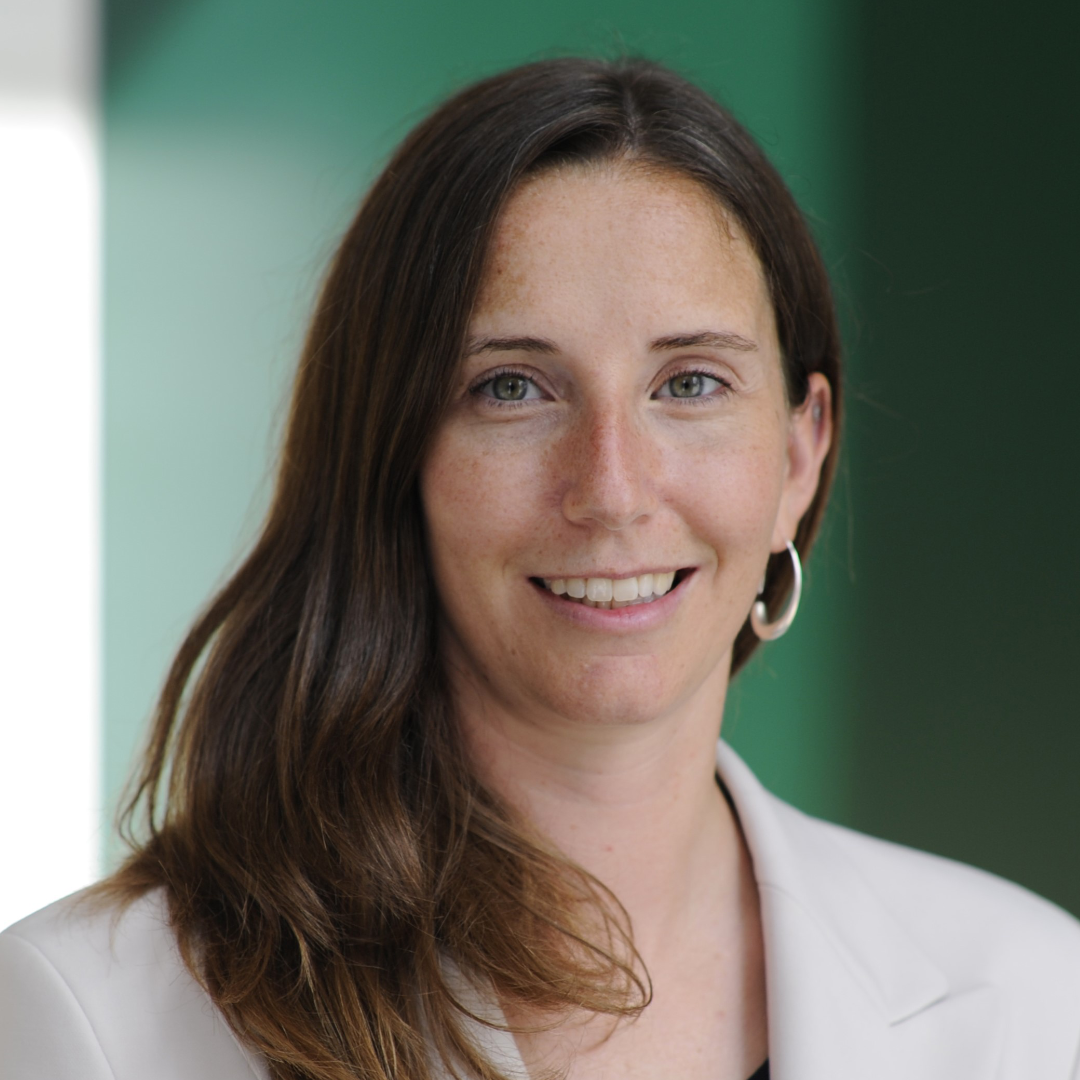
Claudia Gentile
With her outstanding dissertation entitled “Essays on Clean Growth, the Renewable Energy Transition, and Financial Shocks in the Intangible Economy”, Claudia Gentile makes a decisive contribution to the implementation of the Sustainable Development Goals SDG 7 “Affordable and Clean Energy”, SDG 8 “Decent Work and Economic Growth”, SDG 9 “Industry, Innovation and Infrastructure” and SDG 13 “Climate Action”.
Claudia Gentile (31) obtained her PhD in Economics from the University of Zurich in January 2025. Her research focuses on clean energy transition and economic growth. She is currently a postdoctoral fellow at the London School of Economics. In September 2025, she will join the University of Geneva as an assistant professor. She enjoys exploring the Swiss outdoors with her family and friends.
Supervisor: Prof. David Hémous
Relying on Intermittency: Clean Energy, Storage, and Innovation in a Macro Climate Model (read Abstract)
The average cost of generating energy using new solar and wind technologies is now less than half that of new gas and coal power plants, thanks to rapid technological advances. However, intermittency remains a significant obstacle to the clean transition; solar panels and wind turbines are intermittent energy sources, producing electricity only when sun and wind are available. To examine clean energy policies, this thesis develops a novel macro climate model with a microfounded energy sector. The analysis highlights that, in the absence of targeted policies, innovation in energy storage technologies remains inefficiently low. The market continues to use fossil fuel energy in the hours with low solar radiation and wind speed. Intermittency would then limit the clean energy share to 50-60%. A crucial policy instrument to complete the transition is subsidies for research and development in energy storage technologies.
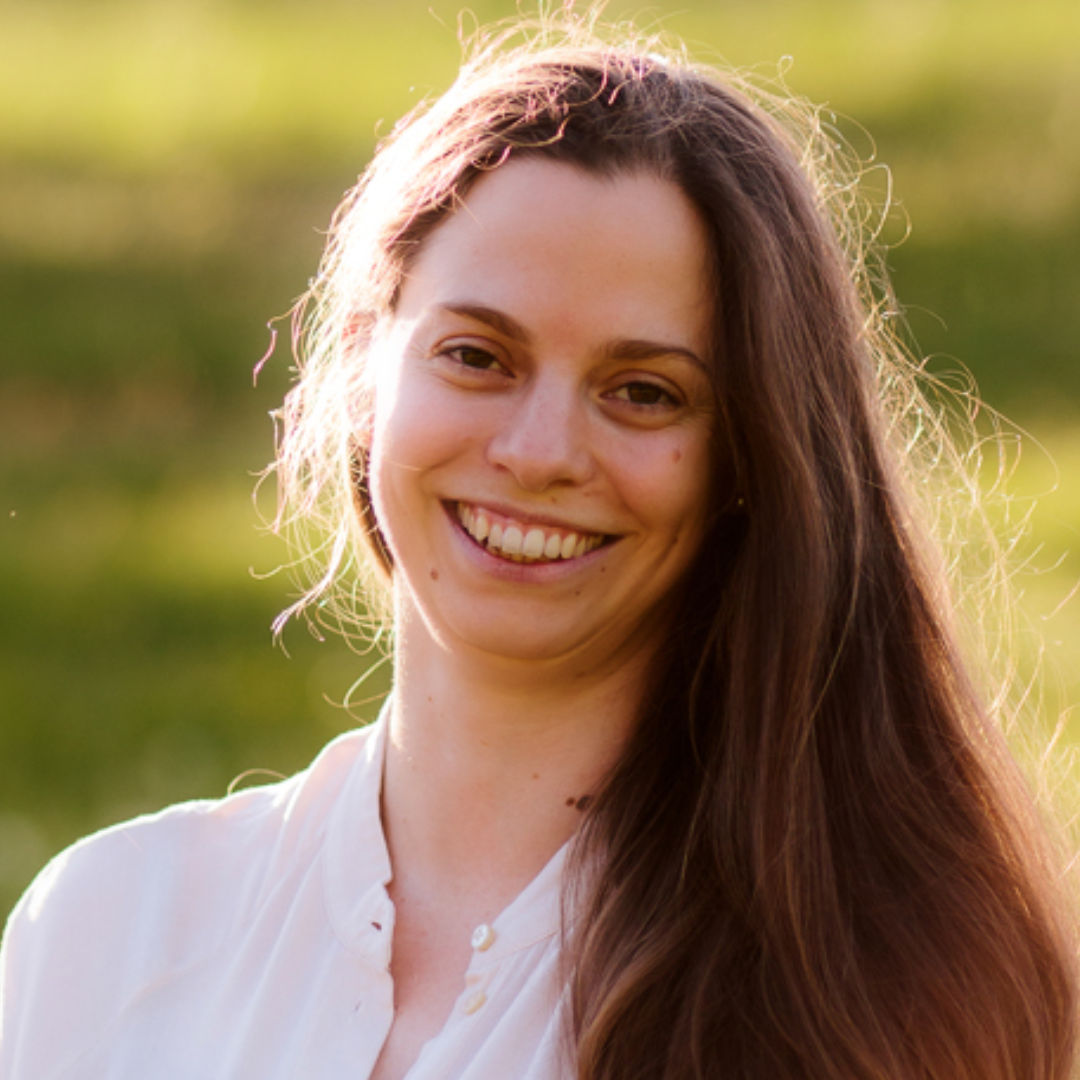
Urša Krenk
With her outstanding dissertation entitled “Essays at the Intersection of Labor and Development Economics”, Urša Krenk makes a decisive contribution to the implementation of the Sustainable Development Goals SDG 4 “Quality Education”, SDG 5 “Gender Equality” and SDG 8 “Decent Work and Economic Growth”.
Urša Krenk (34) completed her a PhD in Economics at the University of Zurich in 2024. Her dissertation, Essays at the Intersection of Labor and Development Economics, focused on labor market dynamics, including firms' responses to parental leave, strategies that can be used to recruit qualified teachers in Ghana, and the potential and challenges of using generative AI in recruitment. Urša is currently a postdoctoral researcher at the University of Zurich. She lives in Zurich and is an avid rock climber and mountaineer.
Supervisor: Prof. David Yanagizawa-Drott (IVW)
Contact: LinkedIn Urša Krenk
Essays at the Intersection of Labor and Development Economics (read Abstract)
In Sub-Saharan Africa, eight out of ten 10-year-olds can't read a basic text, partly due to undertrained, often absent teachers (World Bank, 2021, 2019). Recent efforts to address this have mostly focused on improving teacher incentives. In one chapter of this dissertation, Urša Krenk explores an alternative approach by testing whether emphasizing career benefits or social impact in job advertisements changes who applies for teaching fellowships. Ads highlighting career benefits attract more men (but not women) and lead to applicants with stronger qualifications across both genders – though among men, they attract fewer candidates who prioritize social impact over personal advancement. Promoting career benefits can thus improve recruitment efforts, but with clear trade-offs regarding applicants' motivation towards social goals.
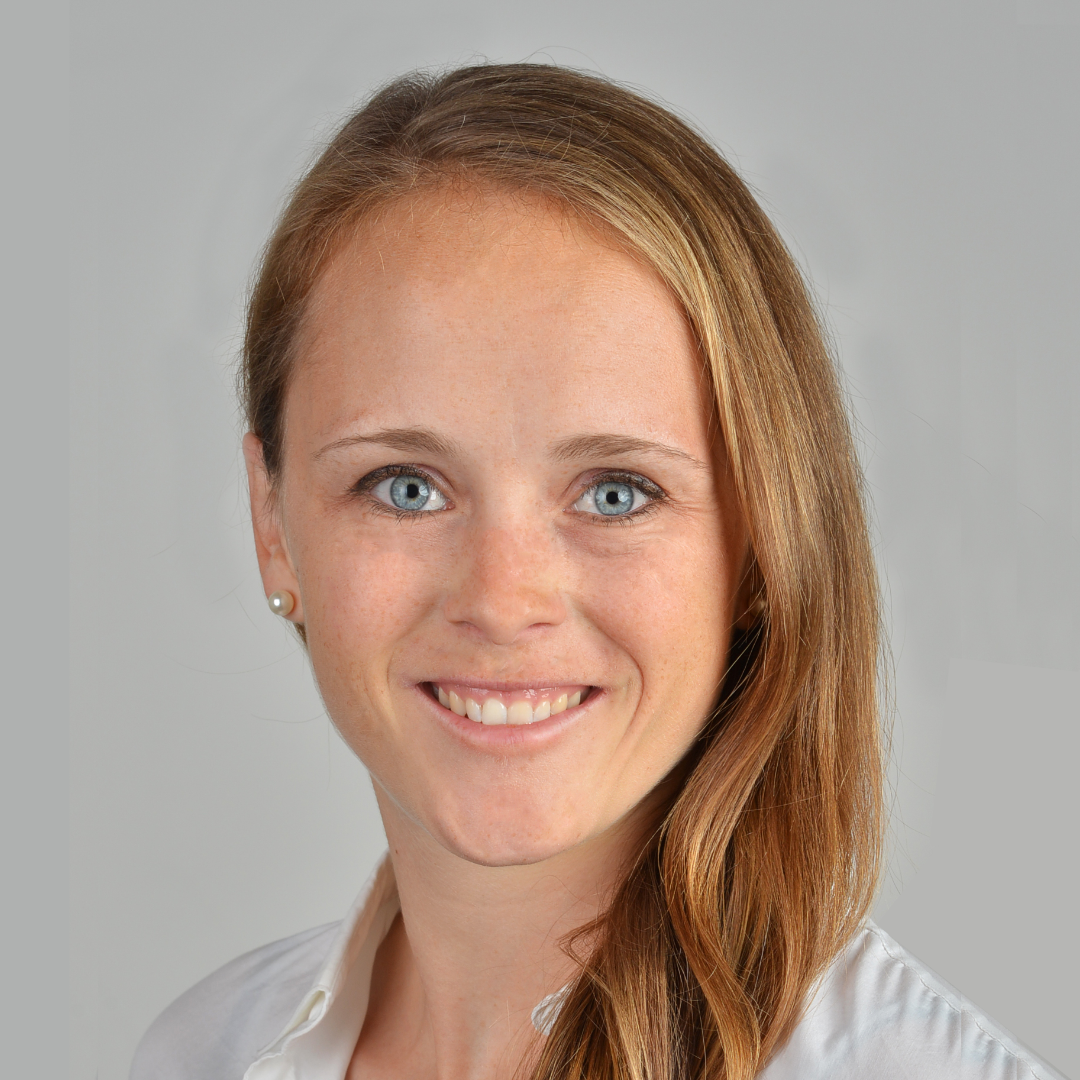
Sybilla Merian
With her outstanding dissertation entitled “Marketing for Sustainable Development – Essays on How Marketing Tools Can Be Leveraged for Sustainable Behavior Change”, Sybilla Merian makes a decisive contribution to the implementation of the Sustainable Development Goals SDG 2 “Zero Hunger”, SDG 3 “Good Health and Well-Being”, SDG 12 “Responsible Consumption and Production”, SDG 14 “Life below Water” and SDG 15 ”Life on Land”.
Sybilla Merian (32) completed her doctorate in Business Administration at the University of Zurich in 2024. Her research focuses on how traditional marketing tools can be used to promote sustainable development. Sybilla is currently working as a postdoc at the Chair of Marketing at UZH. In her spare time, she enjoys cycling over alpine passes.
Supervisor: Prof. Martin Natter
Contact: LinkedIn Sybilla Merian
More than advertising – How marketing promotes sustainable behavior (read Abstract)
Sustainable development is under threat. The way we act not only harms the environment, but also ourselves. For instance, we waste a lot of food despite scarce resources, and car accidents remain one of the leading causes of death among young people. Although most of us are aware of these problems, we don't always manage to adapt our behavior accordingly. But we don't need to reinvent the wheel. Drawing on the steps of the classic marketing process, Sybilla Merian demonstrates in three papers that techniques such as measuring behavior, identifying customer groups, and understanding their motivations and barriers can improve our understanding and enable us to take more effective action to promote sustainable development.
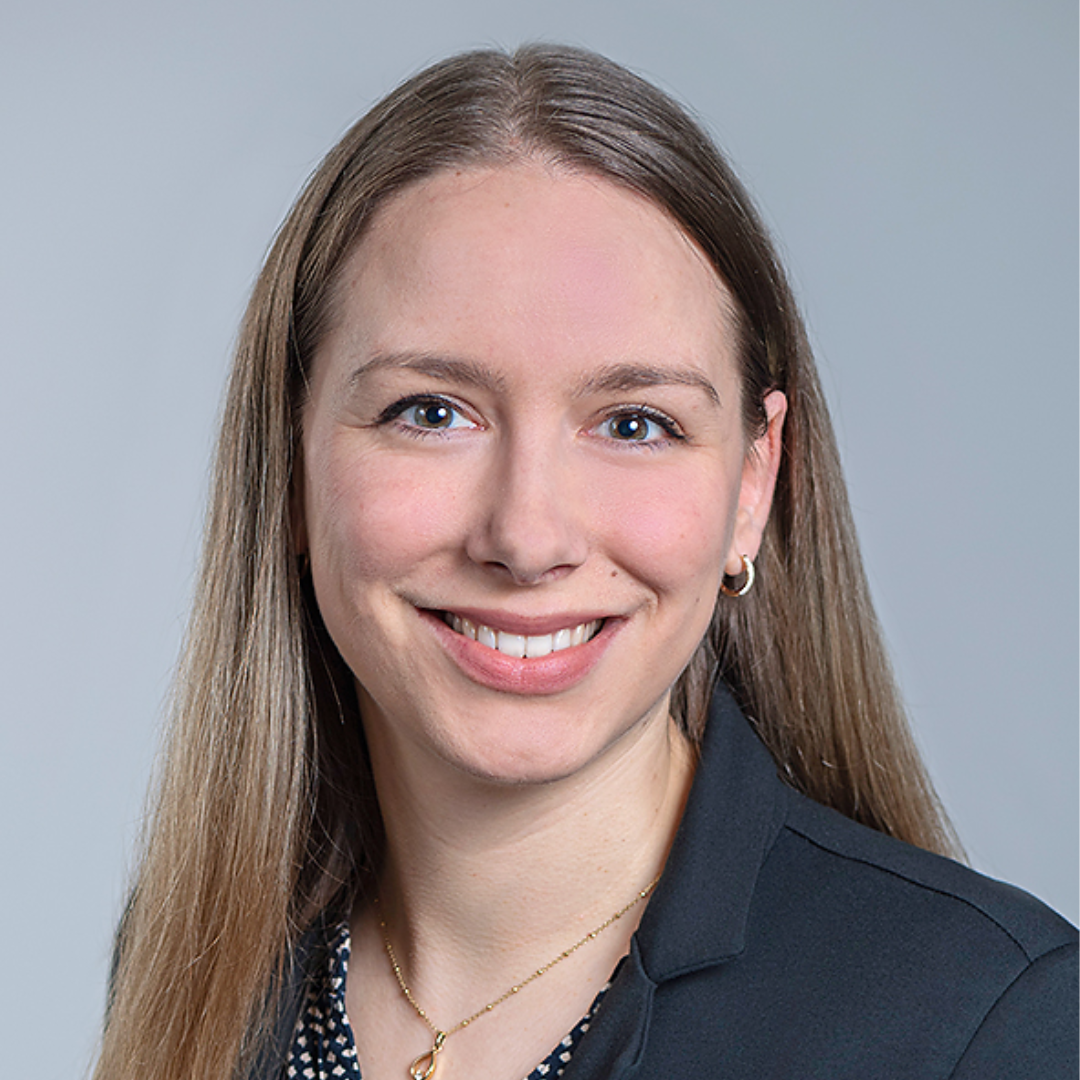
Patricia Pálffy
With her outstanding dissertation entitled “Towards a More Diverse and Inclusive Workforce: An Empirical Analysis of Training Investments and Interventions”, Patricia Pálffy makes a decisive contribution to the implementation of the Sustainable Development Goals SDG 4 “Quality Education”, SDG 5 “Gender Equality” and SDG 8 “Decent Work and Economic Growth”.
Patricia Pálffy holds a PhD in Business Administration from UZH. Her research focuses on education, diversity and inclusion in companies. She is currently working as a postdoc at UZH and the Leading House VPET-ECON. Patricia sings as a soprano to balance out her academic work and was able to take her vocal ensemble to the 2018 and 2024 World Choir Games (Choir Olympics) and win gold.
Supervisor: Prof. Uschi Backes-Gellner
Contact: LinkedIn Patricia Pálffy
Men in the Care Sector, Women in STEM: How Can We Break Gender Barriers in Career Choices? (read Abstract)
Globally, only three out of ten health and social care workers are men (WHO, 2022), and just two out of ten ICT specialists are women (European Commission, 2021). In her dissertation, Patricia Pálffy explored possible causes of this gender imbalance and tested ways to reduce it. In a field experiment with more than 29,000 young people via Switzerland’s largest apprenticeship job board, she found that girls shown stereotype-challenging information (like teamwork and female role models in STEM) were more likely to apply for STEM occupations. Yet a similar strategy for boys using male role models in health and care fields had no effect. Survey results revealed that men feared being ridiculed and seen as less masculine. The key takeaway? One-size-fits-all solutions are ineffective. Tailored interventions are needed to break down gender barriers in career choices.
MASTER'S LEVEL
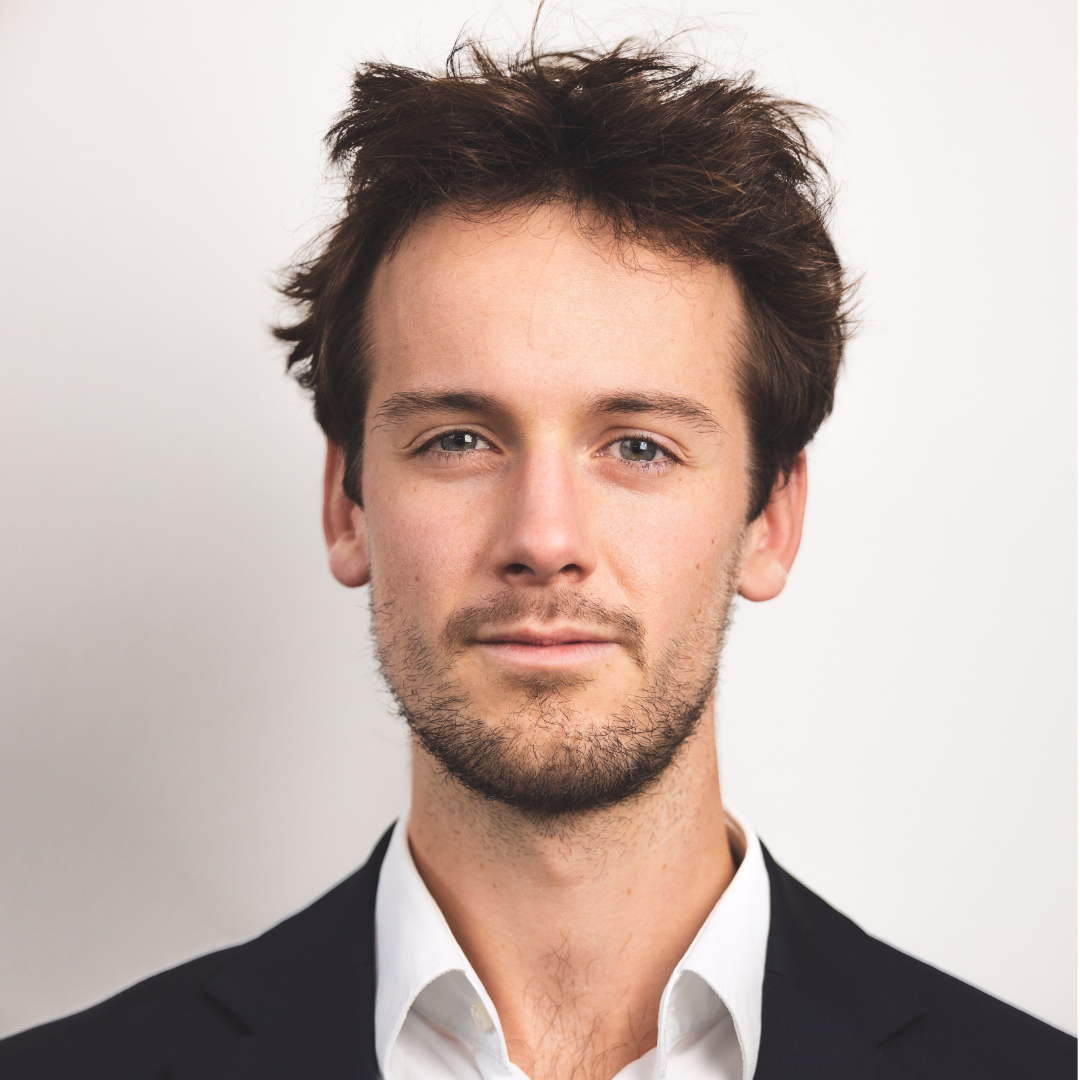
Antonin Igor Carratero
With his outstanding Master’s thesis entitled “Tokenization as a Catalyst for Decentralized Finance: Exploring Blockchain‘s Impact on Economic Efficiency and Transparency”, Antonin Igor Carratero makes a decisive contribution to the implementation of the Sustainable Development Goal SDG 8 “Decent Work and Economic Growth”.
Antonin Igor Carratero (27) began his studies at HSG with a Bachelor’s degree in Economics. After some work experience in private equity, he continued his studies with a Master in Banking and Finance at the University of Zürich, graduating in 2024. Thanks to his minor in Quantitative Finance, Antonin had the opportunity to explore financial mathematics during his Master’s degree, with a particular focus on applications in the energy and infrastructure sectors.
Supervisor: Prof. Christian Ewerhart (IVW)
Contact: LinkedIn Antonin Igor Carratero
Exploring Tokenization’s Impact on Economic Efficiency (read Abstract)
In little more than a decade, blockchain has led to the creation of an entirely new financial industry with revenues accounted for in trillions. But how could this much-hyped technology improve efficiency elsewhere in the economy? Blockchain is a publicly verified digital ledger, on which information about ownership of real-world assets can be stored as tokens – a process called “tokenization”. This Master’s thesis explores the impact of tokenization on economic efficiency through three use cases. A blockchain powered crowdfunding platform cutting out banks and boosting financial inclusion. Tokenized electricity certificates tracking Swiss electricity production in real time, promising full transparency, fair pricing, and a greener grid. A database mapping all Swiss-traded tokenized financial products. Built with interviews and data scraping, it’s the go-to resource reflecting the state of blockchain in the Swiss financial industry.
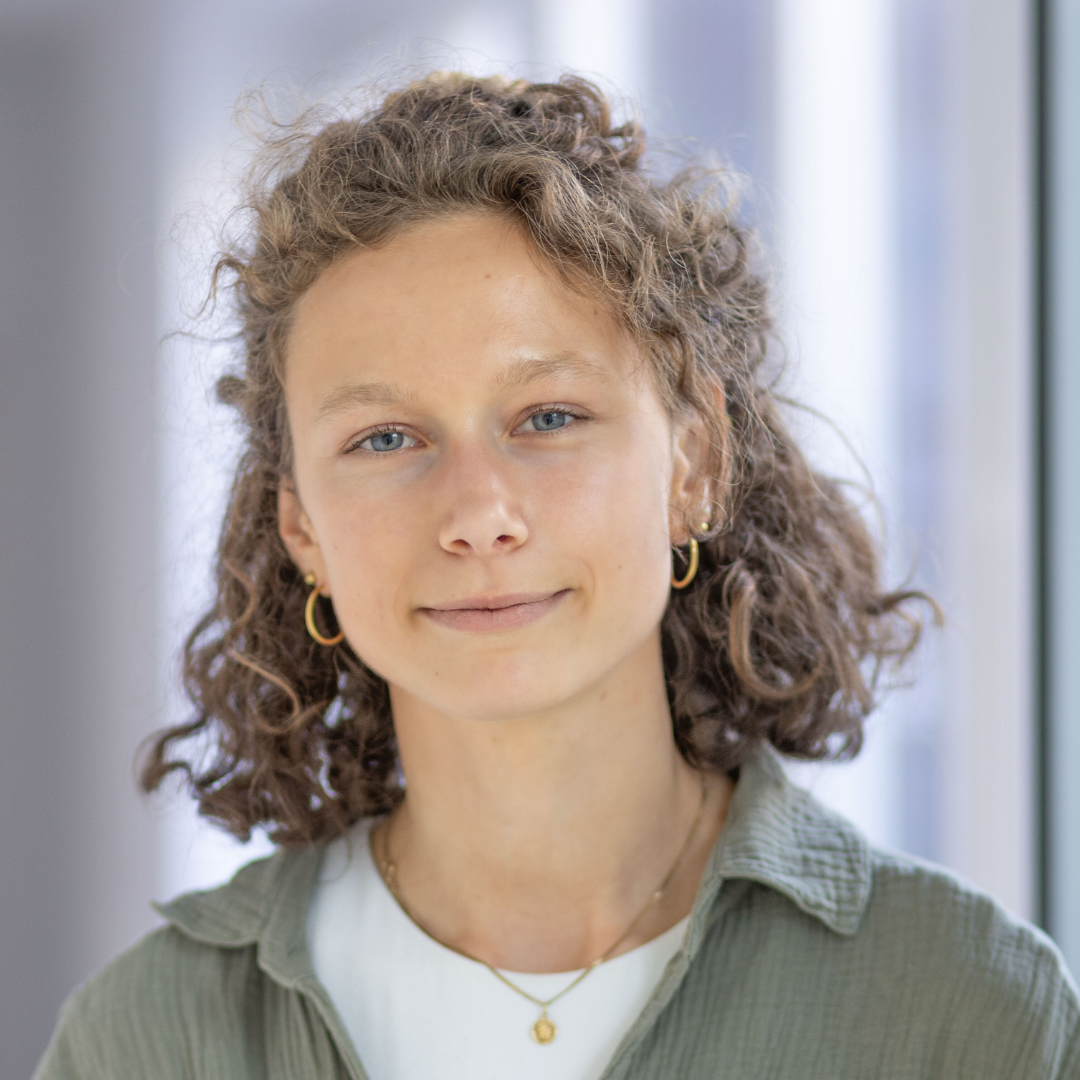
Katharina Holzheu
With her outstanding Master’s thesis entitled “Financial advisors and the willingness to pay for sustainable finance products by private investors”, Katharina Holzheu makes a decisive contribution to the implementation of the Sustainable Development Goal SDG 13 “Climate Action”.
Katharina Holzheu (25) studied Economics at the University of Zurich and graduated with a Master´s degree in 2024. She is currently pursuing a PhD in Economics at LMU/ifo Institute in Munich focusing on topics in education economics, machine learning and big data. In her free time, she enjoys being active outdoors, learning new things, and spending time with friends.
Supervisor: Prof. Markus Leippold (IFF)
Contact: LinkedIn Katharina Holzheu
Sustainable Investing: What Drives (or Stops) Investors? (read Abstract)
Investors have an impact – whether they intend to or not. By choosing to invest in socially responsible companies, they can drive environmental and social change. This is the idea behind sustainable investing, which incorporates environmental, social, and governance factors. But how much do investors really care about sustainability? What are the barriers to these investments, and how can they be overcome? Katharina Holzheu’s research explored these questions by surveying Swiss investors and conducting an investment experiment, finding that investors do value sustainability – but barriers remain. A lack of financial knowledge and product transparency can lead to mistrust and fear of greenwashing. Yet certified financial advisors and product labels can build trust and increase willingness to invest sustainably. The takeaway is optimistic: Most investors do care. With the right tools and education, sustainable finance can thrive.
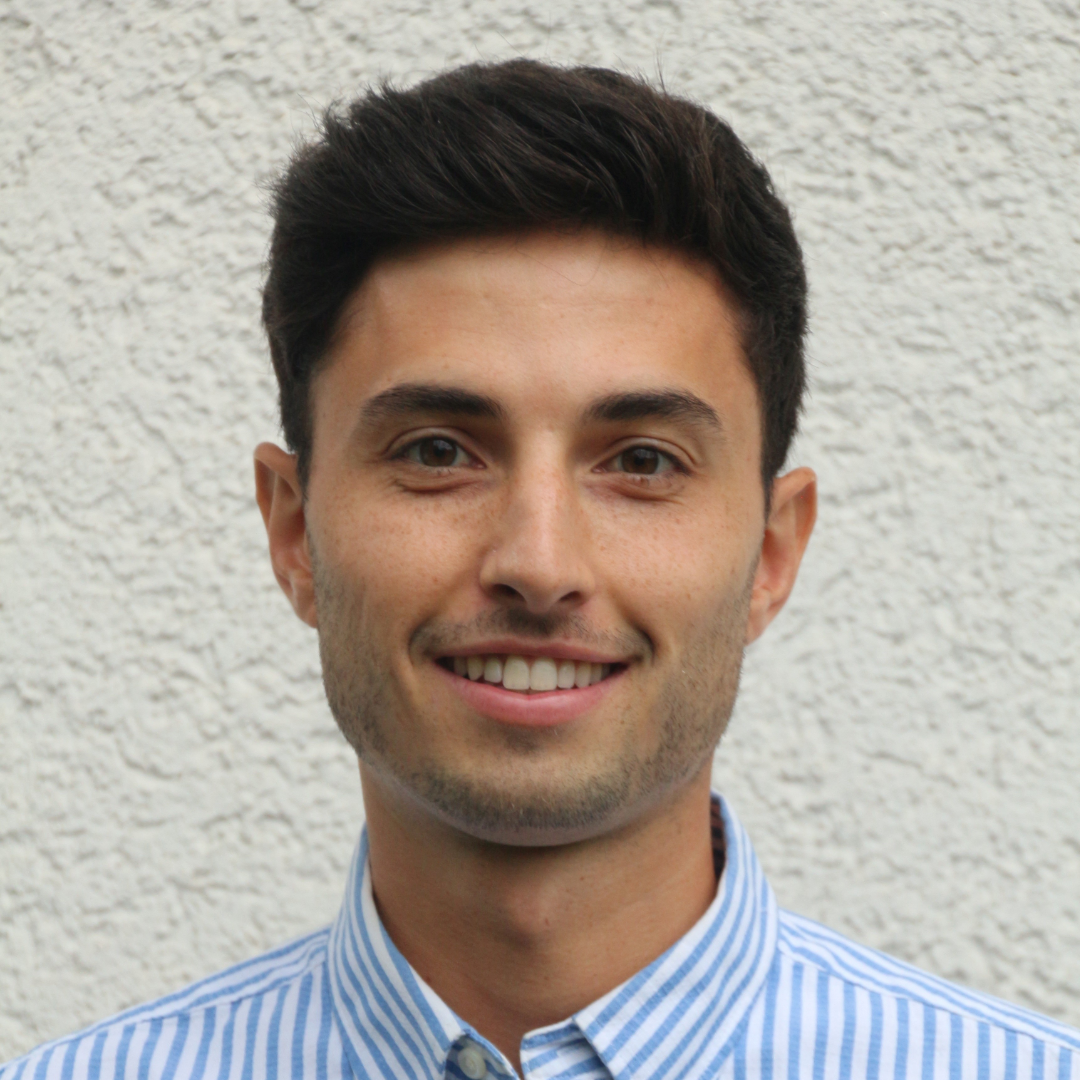
Janick Suludere
With his outstanding Master’s thesis entitled “Accounting Qualität und CO₂-Emissionsdaten – eine empirische Analyse”, Janick Suludere makes a decisive contribution to the implementation of the Sustainable Development Goal SDG 13 “Climate Action”.
Janick Suludere (27) successfully completed his studies at the University of Zurich in February 2025 with a major in Banking and Finance and a minor in Accounting and Finance. As part of his studies, he completed a semester abroad at the Vrije Universiteit in Amsterdam. During his studies, he focused in particular on sustainable investing and accounting. His current position at PostFinance in asset management in the sustainable investing team allows him to pursue these interests. Janick lives in Solothurn and is interested in various sports, including football, racing cycling, swimming and padel. As an active player and coach, he usually finds his balance on the football pitch alongside his work.
Supervisor: Prof. Dieter Pfaff (IBW)
Contact: LinkedIn Janick Suludere
A solid data foundation is essential for our climate – external audit can help (read Abstract)
Switzerland aims to be climate-neutral by 2050. However, this goal is still a long way off. Companies are key drivers of climate change, but their CO₂ data is often unreliable. For his Master's thesis, Janick Suludere investigated whether external audits make companies' CO₂ data more transparent and accurate. To find out, he examined 66 companies in Switzerland and Germany. The result? External audits significantly improve the quality of CO₂ data, particularly with regard to Scope 1 emissions (direct emissions from production). However, there is still room for improvement in Scope 2 (e.g. purchased electricity) and Scope 3 (emissions in the supply chain). This study demonstrates that those who take climate protection seriously must also ensure accurate CO₂ accounting. This requires clear rules and a duty to audit. This is a decisive step towards a climate-neutral Switzerland.
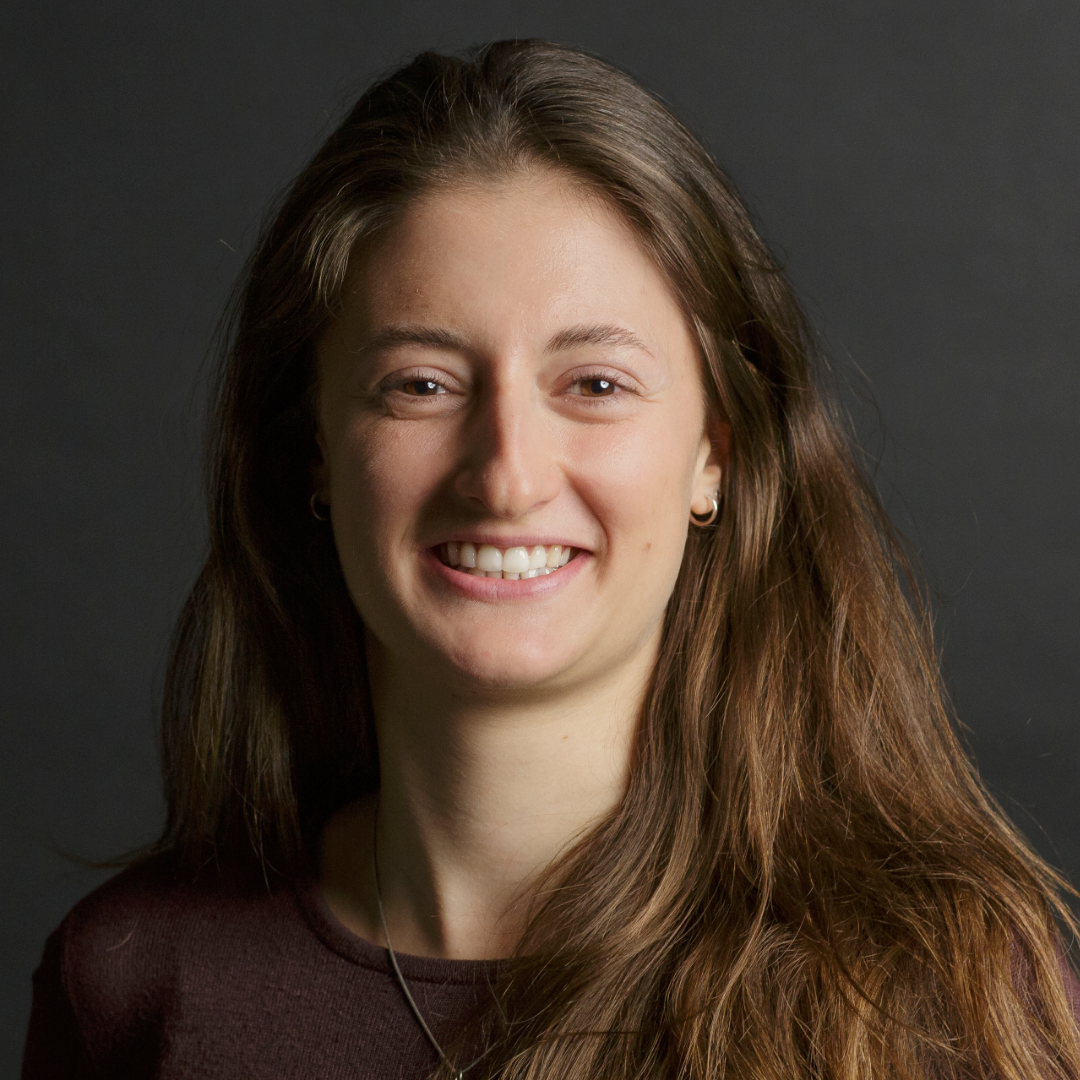
Selina Laura Trachsler
With her outstanding Master’s thesis entitled “Why do Boys Shy away from Health and Care fields?”, Selina Laura Trachsler makes a decisive contribution to the implementation of the Sustainable Development Goals SDG 5 “Gender Equality” and SDG 8 “Decent Work and Economic Growth”.
Selina Laura Trachsler (27) is currently completing her Master's degree in Economics at the University of Zurich, specialising in economic policy and development economics. She is currently interning at WWF Switzerland as a consultant for strategy development and impact measurement. In her free time, Selina enjoys sports, nature and volunteering.
Supervisor: Prof. Anne Ardila Brenøe (IBW)
Contact: LinkedIn Selina Laura Trachsler
The Gender Divide: Understanding why boys avoid health and care jobs (read Abstract)
Men remain underrepresented in female-dominated sectors like health and care, despite the increasing demand for workers in those fields. This is particularly striking as the number of jobs traditionally held by men, such as in manufacturing, has declined in recent years. To better understand why men shy away from certain careers, Selina Trachsler analyzes a 2024 survey of Swiss secondary school students making decisions on apprenticeships. Low male participation in health and care professions was linked to stereotypical beliefs about job suitability held by the boys, their parents and their friends. Those boys who were interested in a health or care career were more likely to have parents recommending such jobs. The analysis suggests that, in addition to addressing occupational stereotypes, involving parents in career decisions could help encourage young men to pursue jobs in the health and care sectors.
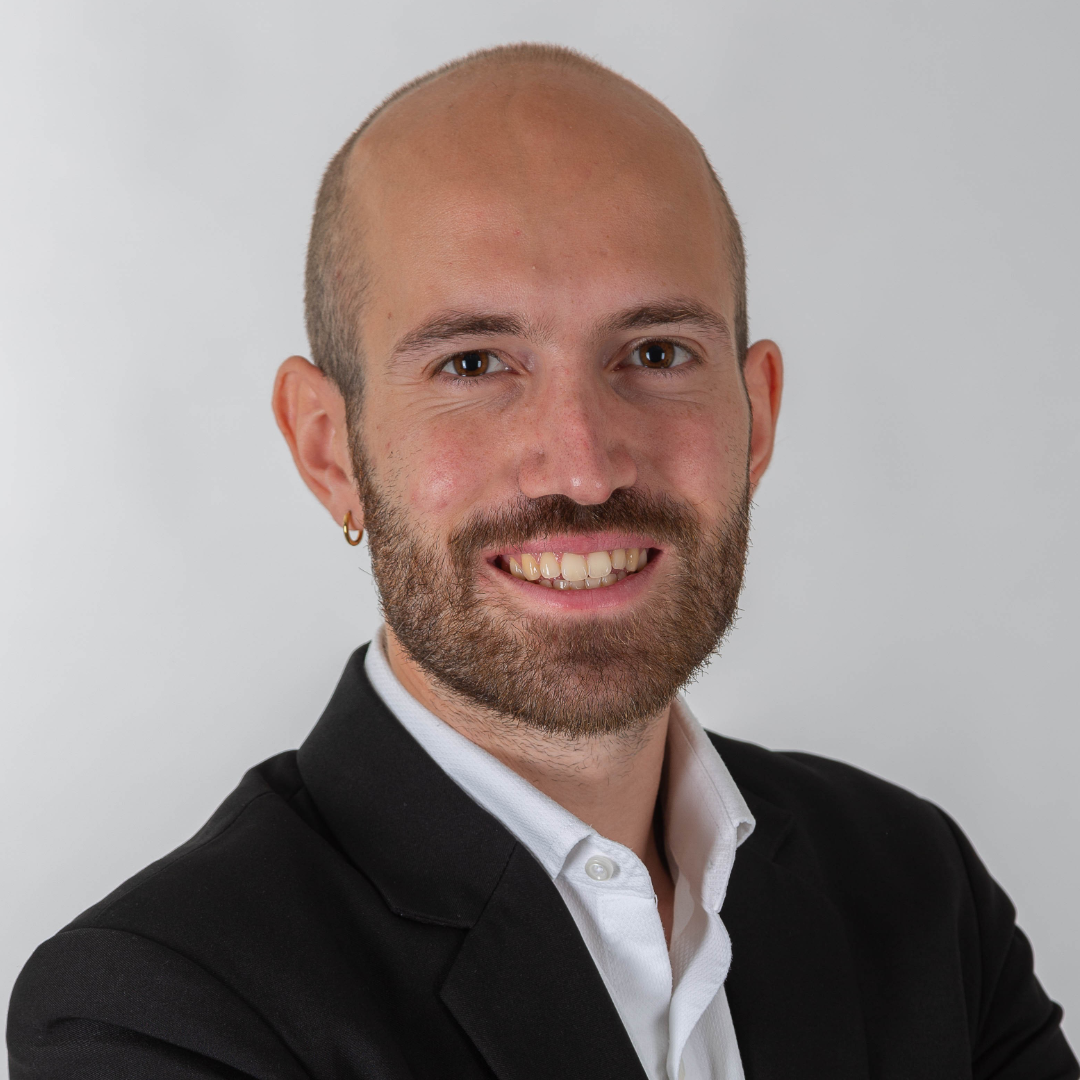
Alessandro Vanzo
With his outstanding Master’s thesis entitled “Advancing Education with AI – A Field Study on GPT-4 as a Tutor in High Schools”, Alessandro Vanzo makes a decisive contribution to the implementation of the Sustainable Development Goal SDG 4 “Quality Education”.
Alessandro Vanzo (27) graduated with a Master’s degree in Data Science in the summer of 2024. During his studies, he focused on artificial intelligence and natural language processing. He now works in analytics at Agoda, the leading travel platform in Asia. In his spare time, he manages Minerva, a non-profit organization for educational technology, and plays jazz-rock in Bangkok’s underground music venues.
Supervisor: Prof. Dan Olteanu (IFI)
Contact: LinkedIn Alessandro Vanzo
Learning 33% Better with AI (read Abstract)
Artificial Intelligence will likely play a key role in education in coming years. But how? In this project, I explored a promising use case: AI as a private teacher. I built a platform where students could access an AI-teacher based on ChatGPT. The teacher helped with English homework. It provided personalized explanations and feedback on how to improve. With a team of researchers and teachers, I tested the platform in a high-school in Italy. 40 students were given access to the AI-teacher for 2 months, with another 40 being the control group. At the end of the experiment, we observed a 33% improvement in English grammar learning, measured with tests carried out before and after the 2-month period. We also saw a statistically significant increase in motivation and high levels of satisfaction. Today, 300 students are still using the platform, which is now provided by Minerva Research, a non-profit organization created in light of the successful results.
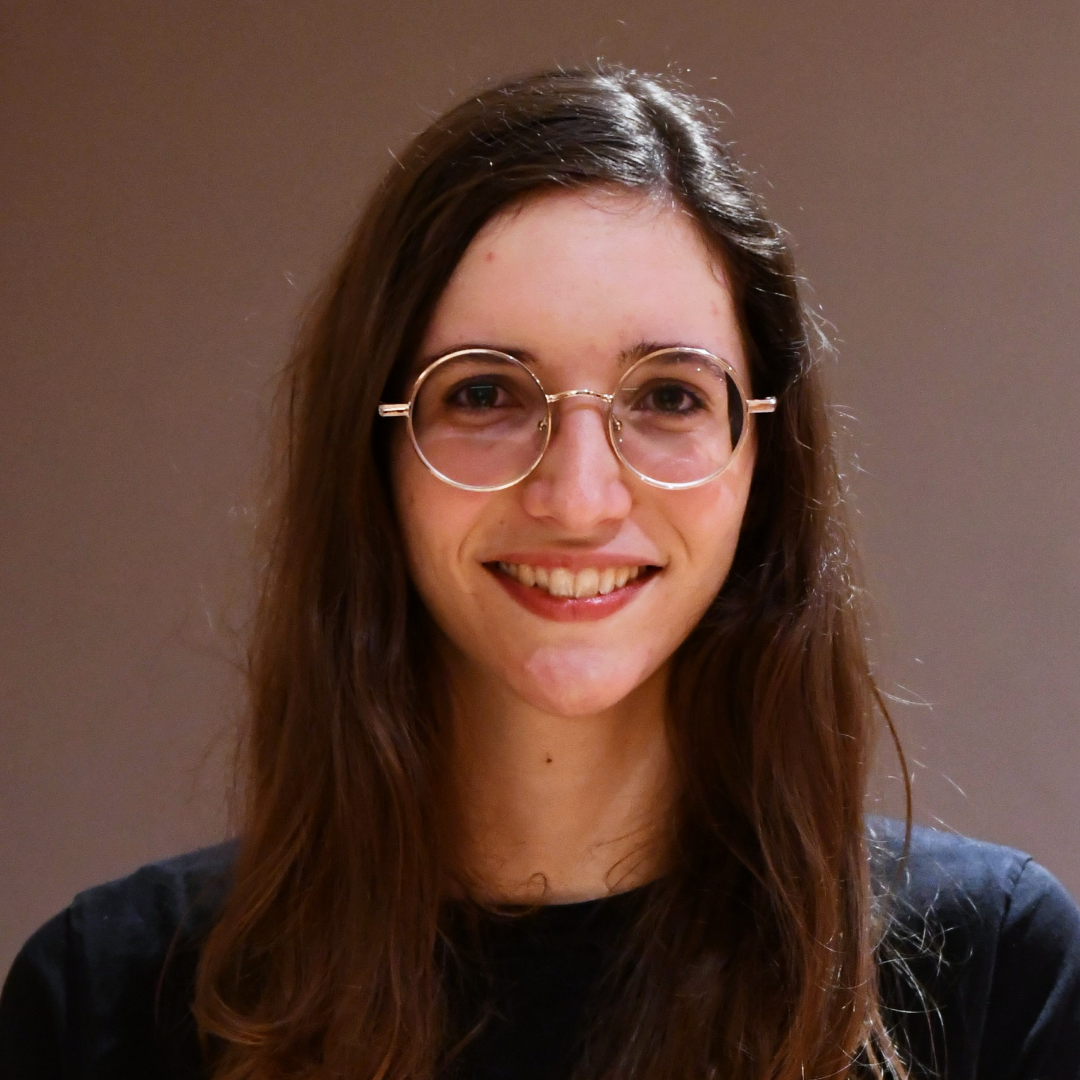
Euxane Célia Marie Vaz Pinto
With her outstanding Master’s thesis entitled “Interactive Visual Exploration of High-Dimensional Categorical Data”, Euxane Célia Marie Vaz Pinto makes a decisive contribution to the implementation of the Sustainable Development Goal SDG 17 “Partnerships for the Goals”.
Euxane Célia Marie Vaz Pinto (26) studied Data Science at the University of Zurich and graduated with a Master's degree in 2024. During her studies she focused on data analysis. She is currently doing an internship in Zurich. In her free time, she enjoys hiking, cooking and spending time with her family and friends.
Supervisor: Prof. Jürgen Bernard
Navigating Sustainability: Empowering sustainability researchers to discover relevant work, collaborate, and drive innovation (read Abstract)
Navigating research on ZORA (the Zurich Open Repository and Archive of papers by UZH researchers) can be a challenge, with thousands of publications available. This project presents an interactive visual analysis tool, developed to help researchers explore academic work based on the contribution of that work to the UN SDGs (Sustainable Development Goals). Using data visualizations and intuitive interactive filters, users can refine their research interests, easily identify relevant studies, and uncover patterns within and across UZH publications. In addition, the tool assists sustainability experts in labeling publications, which in turn provides valuable data for improving AI models that classify SDG research.
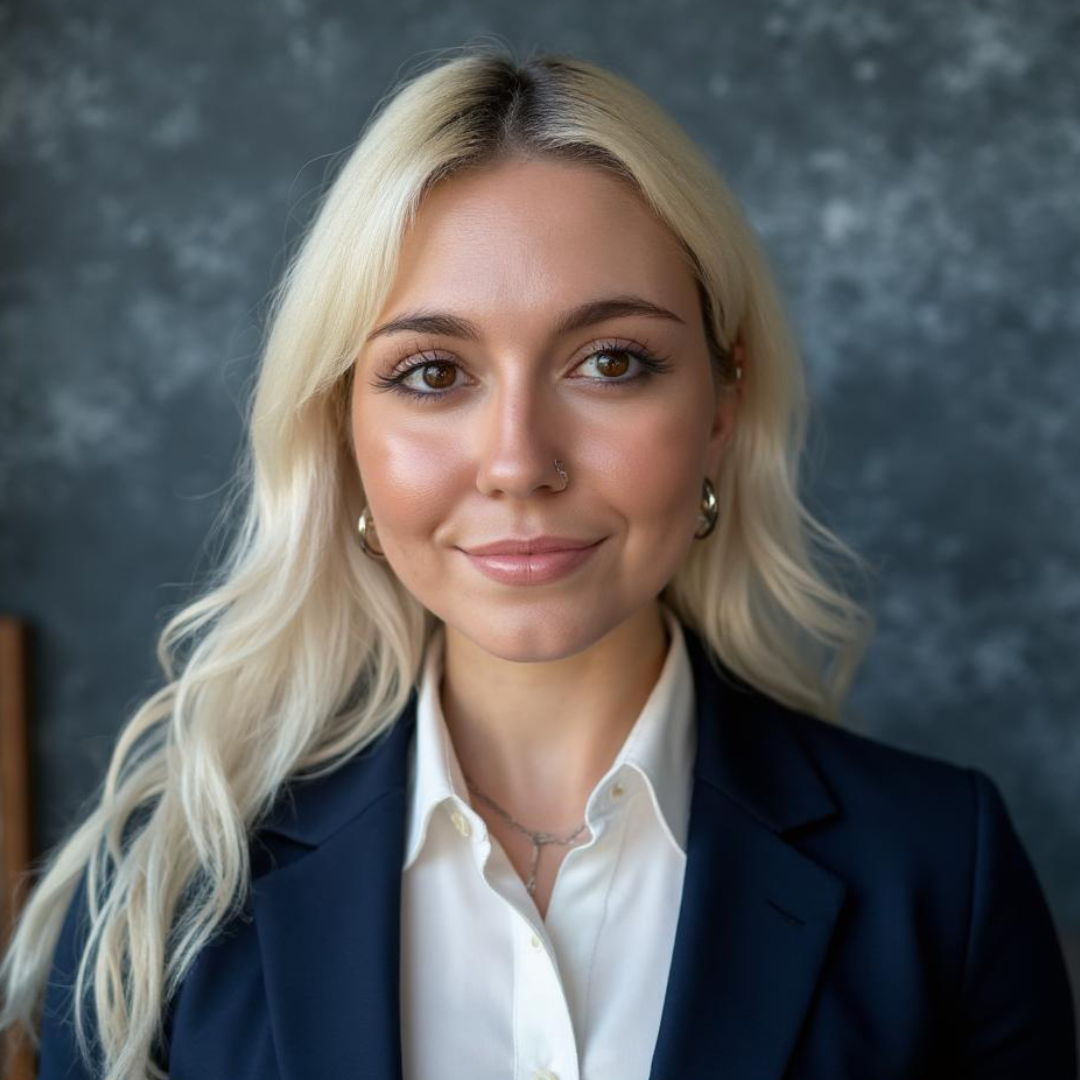
Carmen Würth
With her outstanding Master’s thesis entitled “Leveraging AI for Sustainable Finance: A Comparative Analysis of AI and Human Data in Sustainable Fintech Startups”, Carmen Würth makes a decisive contribution to the implementation of the Sustainable Development Goals SDG 7 “Affordable and Clean Energy”, SDG 9 “Industry, Innovation und Infrastructure”, SDG 11 “Sustainable Cities and Communities”, SDG 12 “Responsible Consumption and Production”, SDG 13 “Climate Action” and SDG 17 “Partnerships for the Goals”.
Carmen Würth (25) studied Banking and Finance and Marketing at the University of Zurich and completed her Master's degree in 2024. She has been with the startup Refluenced since its inception in 2022 and is part of the management team as Chief of Staff. She lives in Zurich but works regularly for the startup in Berlin. In her free time, she enjoys sports and discovering new places.
Supervisor: Prof. Thorsten Hens
Contact: LinkedIn Carmen Würth
AI versus humans: who rates sustainable fintech start-ups better? (read Abstract)
Aclymate is a start-up that helps companies measure and reduce their carbon footprint. But how sustainable are these young companies really? Information on start-ups is often limited, so evaluating them can be difficult. Carmen Würth investigated whether a ChatGPT model trained on sustainability-related data could reliably analyze start-ups in this area. The model took into account aspects such as media perception, fulfilment of the UN Sustainable Development Goals (SDGs), the business model and funding received. The model achieved an accuracy of up to 90%, particularly in SDG classification. However, weaknesses were evident in more complex assessments, such as evaluating business models. While AI cannot replace human evaluations, it is a powerful tool for supporting data-driven decisions in the efficient evaluation of sustainable start-ups.
BACHELOR'S LEVEL

Ellen Borg
With her outstanding Bachelor’s thesis entitled “Organ Transplant Policy in Switzerland: Analysis of the National Action Plan of 2013 and the Revised Transplant Law of 2022”, Ellen Borg makes a decisive contribution to the implementation of the Sustainable Development Goal SDG 3 “Good Health and Well-Being”.
Ellen Borg (23) studied Economics at the University of Zurich and graduated with a Bachelor's degree in December 2024. After an internship as a research assistant in Accra, Ghana, she is now pursuing a Master's degree in Economics with a focus on development and economic policy. In her spare time, Ellen enjoys reading, travelling, and scuba diving.
Supervisor: Prof. Marek Pycia
Contact: LinkedIn Ellen Borg
Organ Transplant Policy in Switzerland: Analysis of the National Action Plan of 2013 and the Revised Transplant Law of 2022 (read Abstract)
Organ donation shortages remain critical; in 2021, 72 people died waiting for a transplant in Switzerland. The 2013 National Action Plan improved donation processes and the 2022 revised Transplant Law transitioned the country to a soft opt-out system. Under this regulation, individuals are presumed donors unless they explicitly opt out. Crucially, families are consulted before organ removal if no donor preference is registered. This thesis examines the impact of these reforms on donation rates, drawing on experiences from European countries. It explores how nudging, family objection, and ethical concerns shape policy and public acceptance. Presumed consent may increase donation rates, but its success hinges on public support, healthcare investment, and careful management of family dynamics during the donation process. A clear and transparent approach is essential.

Konstantin Robert Glotzmann
With his outstanding Bachelor’s thesis entitled “The Real Effect of a Mandatory CSR Disclosure Directive: Evidence from the German Manufacturing Industry”, Konstantin Robert Glotzmann makes a decisive contribution to the implementation of the Sustainable Development Goal SDG 12 “Responsible Consumption and Production”.
Konstantin Robert Glotzmann studied Business Administration at the University of Zurich and graduated in 2024. He is currently in the second semester of his Master's degree in General Management at the University of St. Gallen (HSG). Konstantin lives in Zurich and spends his free time doing sports, especially football and skiing.
Supervisor: Prof. Hui Chen
Contact: LinkedIn Konstantin Robert Glotzmann
More CSR Reporting, More Sustainability? How Obligatory Reporting Impacts German Companies (read Abstract)
Up to 20 billion dollars a year are spent on Corporate Social Responsibility (CSR) activities by Fortune Global 500 companies alone. But how transparent is CSR in the corporate world? Konstantin Glotzmann examined the impact of a law obliging German manufacturing companies to publish reports on their social and ecological behavior, with a focus on research and development expenditures, intangible assets, and the financing structure. His thesis concludes that industrial companies do not show any significant changes in the key financial figures observed, which may be because companies have already integrated sustainable practices into their business strategies, and therefore do not require additional major investments. This suggests that the Directive, as introduced, is a relatively soft regulation, requiring little adaptation by companies.
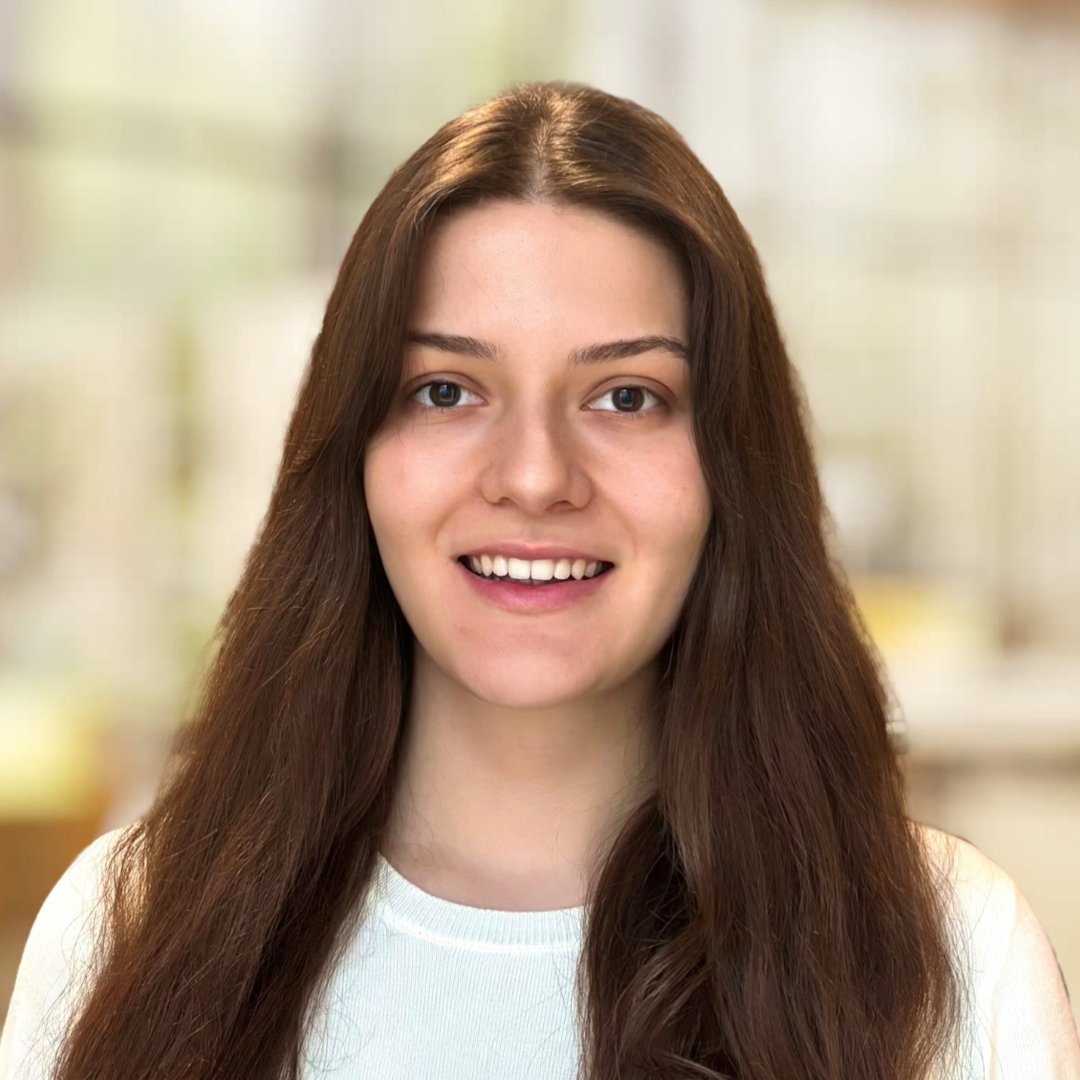
Agnesa Halili
With her outstanding Bachelor’s thesis entitled “Beratungspraktiken zur Unterstützung von interorganisationalen Kollaborationen”, Agnesa Halili makes a decisive contribution to the implementation of the Sustainable Development Goals SDG 12 “Responsible Consumption and Production”, SDG 13 “Climate Action”, SDG 15 “Life on Land” and SDG 17 “Partnerships for the Goals”.
Agnesa Halili (22) completed her Bachelor's degree in Business Administration in 2024 and is now pursuing her Master's degree in Business Administration at the University of Zurich. Her main interests are organizations, financial reporting, and auditing. She currently works as a teaching assistant for financial reporting at UZH. Agnesa Halili lives in Schwyz and enjoys painting, hiking, and volleyball.
Supervisor: Prof. David Seidl
Contact: LinkedIn Agnesa Halili
How do consultants support interorganizational collaborations in supply chains through their practices? (read Abstract)
This paper examines the role of consultants in supporting inter-organizational collaboration in supply chains (ICL). Although previous research has highlighted the barriers to and facilitators of ICL, the role of consultants in this area remains largely unexplored. Key consulting practices were identified and grouped into practice types through expert interviews with five consultants from relevant sectors. The results demonstrate that practitioners use distinct practices at various stages of the guidance process. Additionally, the study reveals which types of practice dominate in the various stages of an ICL consulting project and which consulting practices are relevant in different ICL areas. These findings contribute to research on the role of consultants in ICL and provide valuable insights for companies and consultants operating in an increasingly networked business environment.
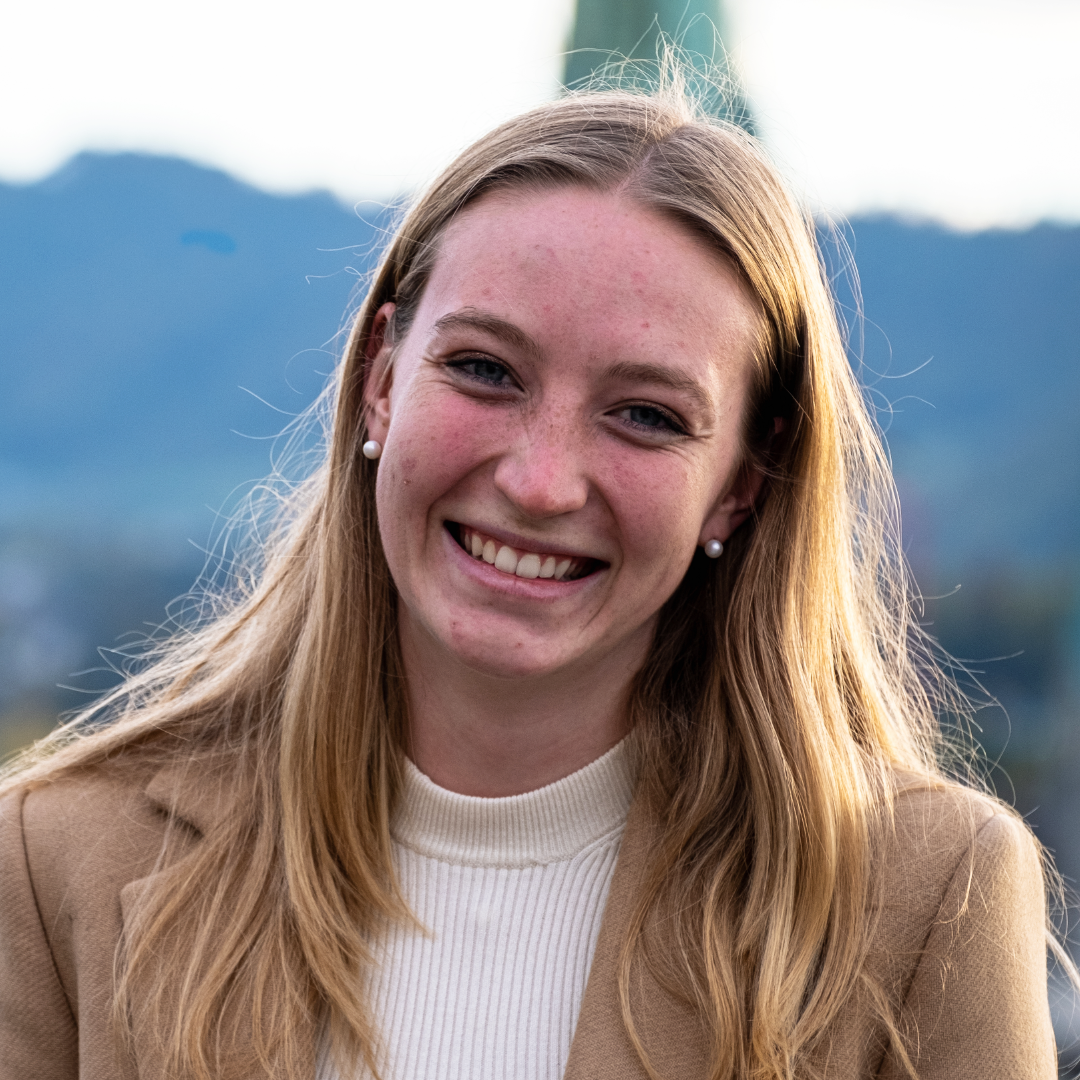
Amy Lampert
With her outstanding Bachelor’s thesis entitled “False advertising claims: Who falls for it, what are the consequences, and what can be done against it?”, Amy Lampert makes a decisive contribution to the implementation of the Sustainable Development Goal SDG 16 “Peace, Justice and Strong Institutions”.
Amy Lampert (23) studied Business Administration at the University of Zurich and graduated in 2024, specialising in Marketing. She is currently doing a double Master's degree in General and International Management at the University of St. Gallen. In addition to her studies, she is an active floorball player, is interested in languages and has a passion for exploring new travel destinations.
Supervisor: Prof. Martin Natter
Contact: LinkedIn Amy Lampert
Calling Out Deception: Can Social Media Users Restore Trust in Online Advertising? (read Abstract)
Nearly half of all online ads are deceptive in some way (CCPC, 2024) – presenting exaggerated claims like wrinkle-free skin in four weeks or climate-neutral meat. In her Bachelor’s thesis, Amy Lampert explored whether social media users can help address this issue by posting corrective comments under misleading ads. In a large-scale experiment with 630 participants, her work demonstrated that this simple intervention could significantly reduce belief in false advertising claims – showing how public participation can effectively counteract deception. However, correcting ads came with risks: when applied to truthful content, it sometimes led to misplaced doubt, revealing the challenge of user-driven moderation. This underscores both the promise and complexity of user engagement, offering insights for promoting transparency and more responsible, inclusive communication online.
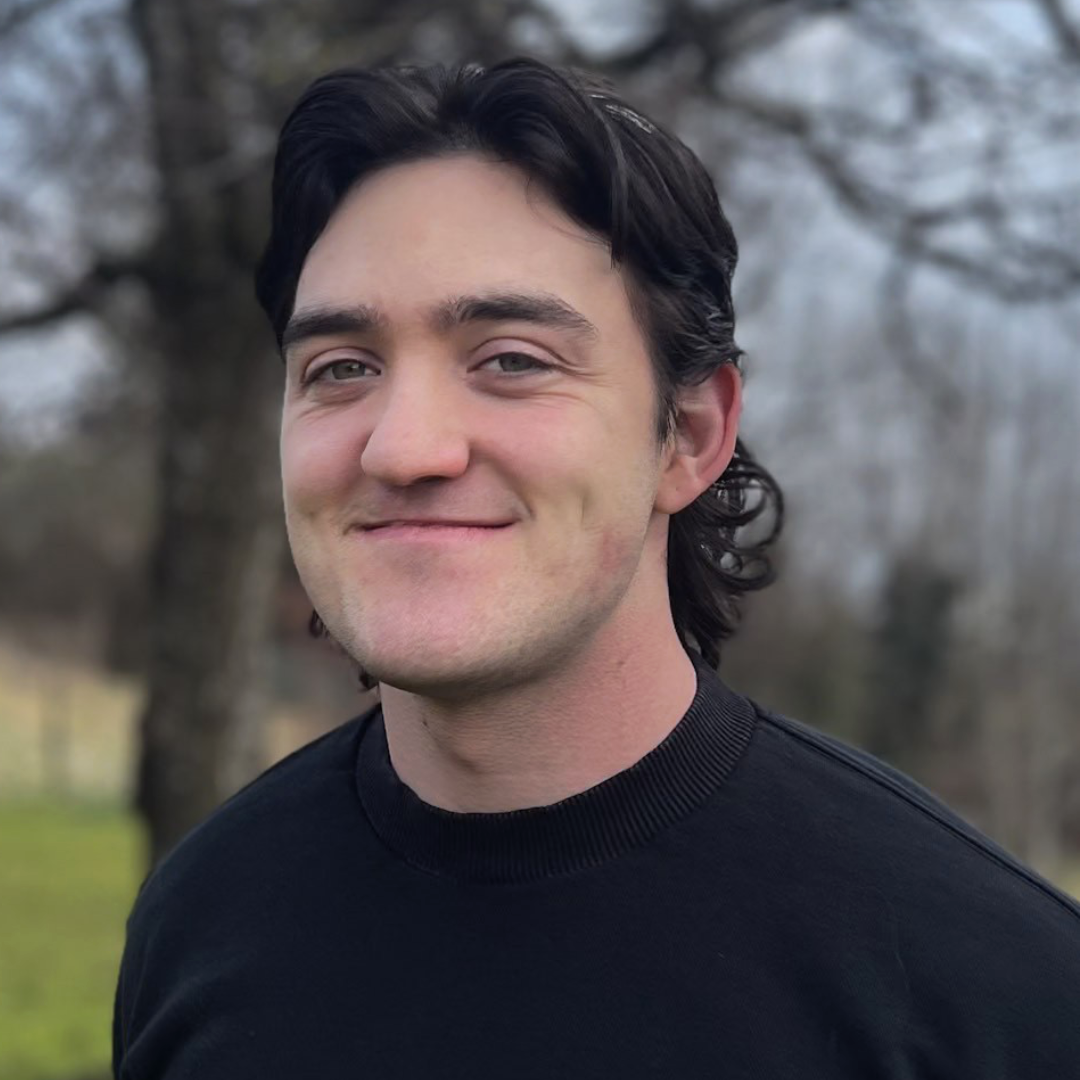
Paul Ferdinand Safari
With his outstanding Bachelor’s thesis entitled “RecRef, a reflection-promoting visual analytics tool for athletic training and recovery”, Paul Ferdinand Safari makes a decisive contribution to the implementation of the Sustainable Development Goal SDG 3 “Good Health and Well-Being”.
Paul Safari (25) is interested in the intersection of technology and health, as well as data-driven applications in sports and medicine. He studied People-Oriented Computing at the University of Zurich and graduated in 2024 with a Bachelor of Science in Informatics. His focus was on the development of digital tools for the analysis of performance and recovery data in sports. He is currently doing his civil service at the Biomedical Optics Research Laboratory (BORL) of the University Hospital Zurich, where he is working on the development of non-invasive diagnostic methods.
Supervisor: Prof. Jürgen Bernard
Contact: LinkedIn Paul Ferdinand Safari
From Data to Decisions: Supporting Athletes Through Reflection (read Abstract)
A 2023 report by the Pew Research Center revealed that approximately 21% of US adults regularly wear fitness trackers. Yet, most athletes still do not use them to make data-driven adjustments to improve performance, as highlighted in recent literature. One crucial aspect is that existing interfaces often fail to encourage reflection – the mental process that helps individuals connect their knowledge with their actions, and which plays a key role in helping athletes improve their performance. Furthermore, subjective recovery data – such as mental wellbeing – is typically not assessed by fitness trackers. To address this, we developed RecRef – a tool that combines subjective well-being information with fitness tracker data and visualizes it through a design that supports reflection. Rowers using RecRef for a week reported more control over recovery and gained new insights into their mental and physical health.
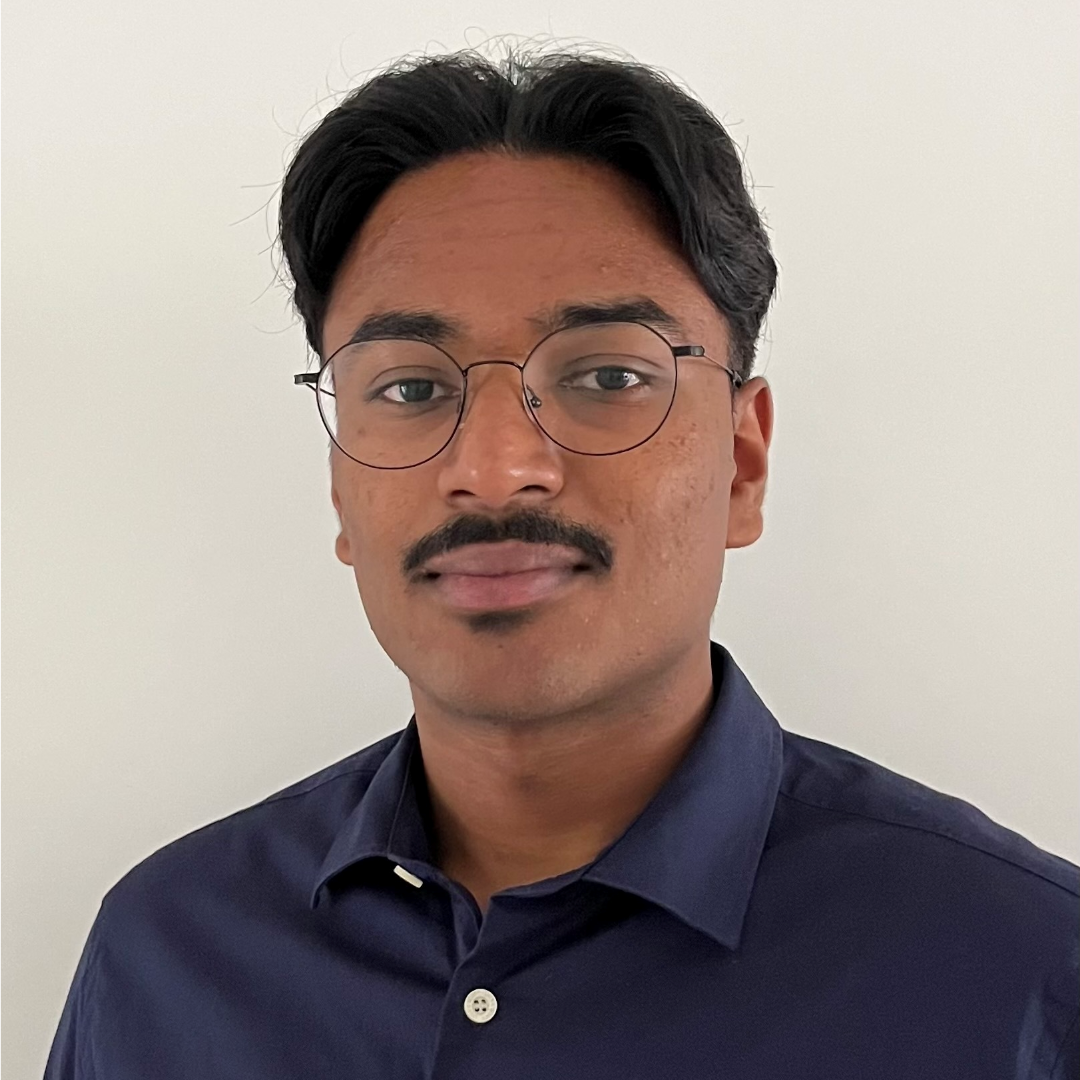
Aarankan Satkunarajan
With his outstanding Bachelor’s thesis entitled “Krisenmanagement bei politischen Risiken: Die Rolle von CSR-Massnahmen – Eine Analyse der Reaktionen von Unternehmen auf den Russland-Ukraine Konflikt”, Aarankan Satkunarajan makes a decisive contribution to the implementation of the Sustainable Development Goal SDG 16 “Peace, Justice and Strong Institutions”.
Aarankan Satkunarajan (24) studied Business Administration with a minor in Banking and Finance at the University of Zurich, graduating in July 2024. His main focus was on financial topics. Since September 2024, he has been pursuing a Master's degree in General Management at HSG to broaden his management skills. He currently lives in St. Gallen and enjoys football and fitness in his spare time.
Supervisor: Prof. Andreas Georg Scherer
Contact: LinkedIn Aarankan Satkunarajan
Between risk and responsibility: companies in the event of war (read Abstract)
What should companies do when war breaks out? Following Russia's attack on Ukraine, international companies have been faced with difficult decisions: Should they withdraw from Russia, and how can they assume social responsibility in the process? In his Bachelor's thesis, Aarkan Satkunarajan examines how companies reacted to the war between Russia and Ukraine, and the role of corporate social responsibility (CSR) in this context. The analysis shows that some companies withdrew from Russia, while others stayed. However, all of them took on social responsibility, using CSR measures to maintain trust, protect employees, and strengthen their reputation. CSR thus became a strategic response to political risk. The thesis demonstrates that CSR is not merely a voluntary commitment in times of crisis, but a business necessity that promotes credible and responsible action.
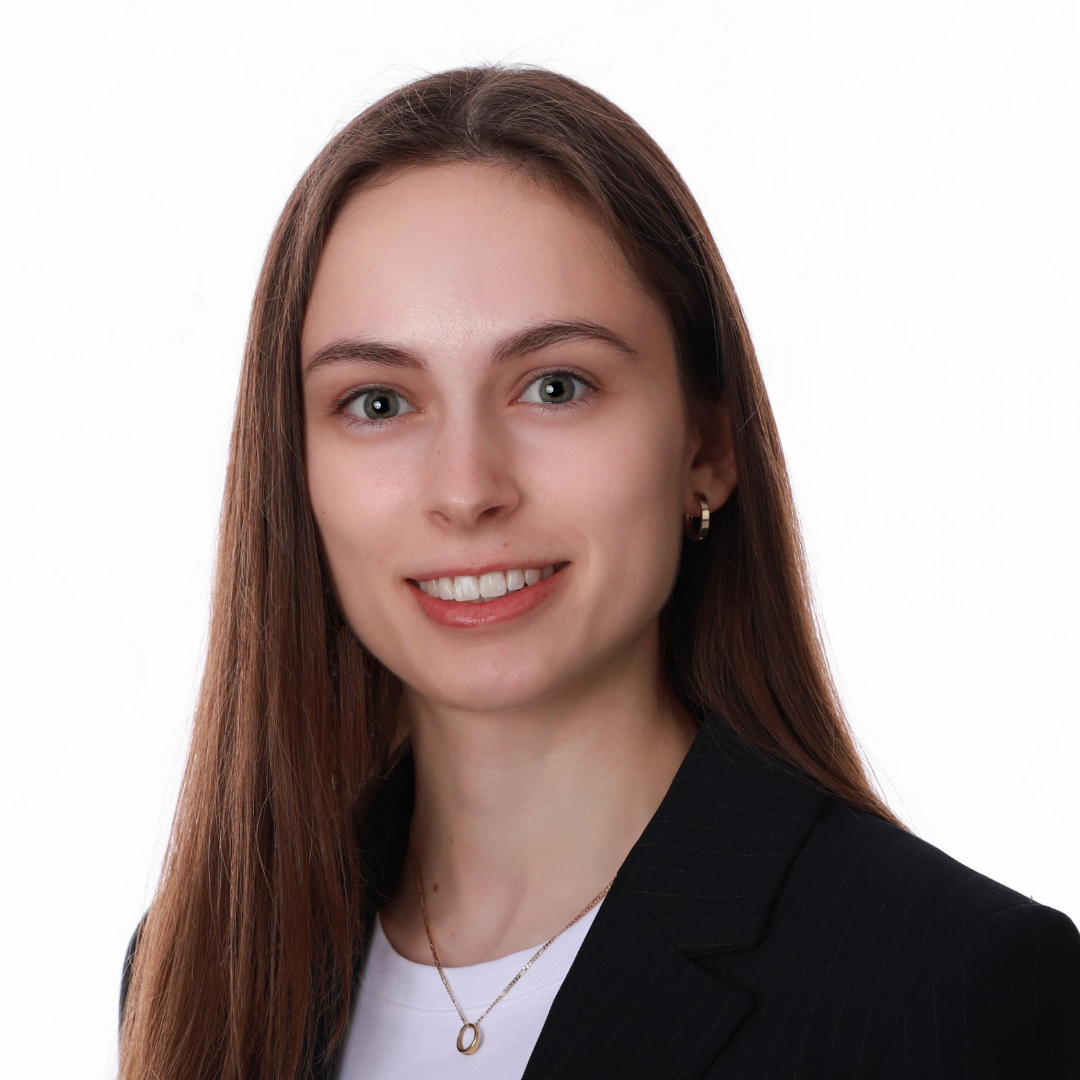
Chantal Steiner
With her outstanding Bachelor’s thesis entitled “An Analysis of the Transitioning Process from Diesel-Fueled Heavy-Duty Vehicles to a Fleet with Electric Trucks in Switzerland”, Chantal Steiner makes a decisive contribution to the implementation of the Sustainable Development Goals SDG 11 “Sustainable Cities and Communities” and SDG 13 “Climate Action”.
Chantal Steiner (23) studied Business Administration at the University of Zurich and graduated with her Bachelor's degree in 2024. She is currently doing an internship in accounting and controlling in Zurich. In her free time, Chantal Steiner enjoys spending time outdoors, travelling and learning about other countries and languages.
Supervisor: Prof. Tarkan Tan
Electric trucks: expensive investment or economic opportunity? (read Abstract)
Electric trucks are considered a promising solution for climate-friendly freight transportation. However, there are challenges associated with switching to an electric fleet, particularly due to high acquisition costs and operational restrictions. Is it worth making the switch? In this paper, Chantal Steiner uses an optimization model to examine the economic attractiveness of electric trucks. The results show that the more intensively they are used, the more competitive they become. Thanks to lower operating costs, high capacity utilization pays off. For companies with low mileage, however, the switch is hardly worthwhile. Without tax breaks and toll exemptions, electrification becomes unattractive even with high usage. Targeted political incentives are crucial to facilitate this change. A well-developed charging infrastructure and long-term support are essential for the transport transition to succeed.
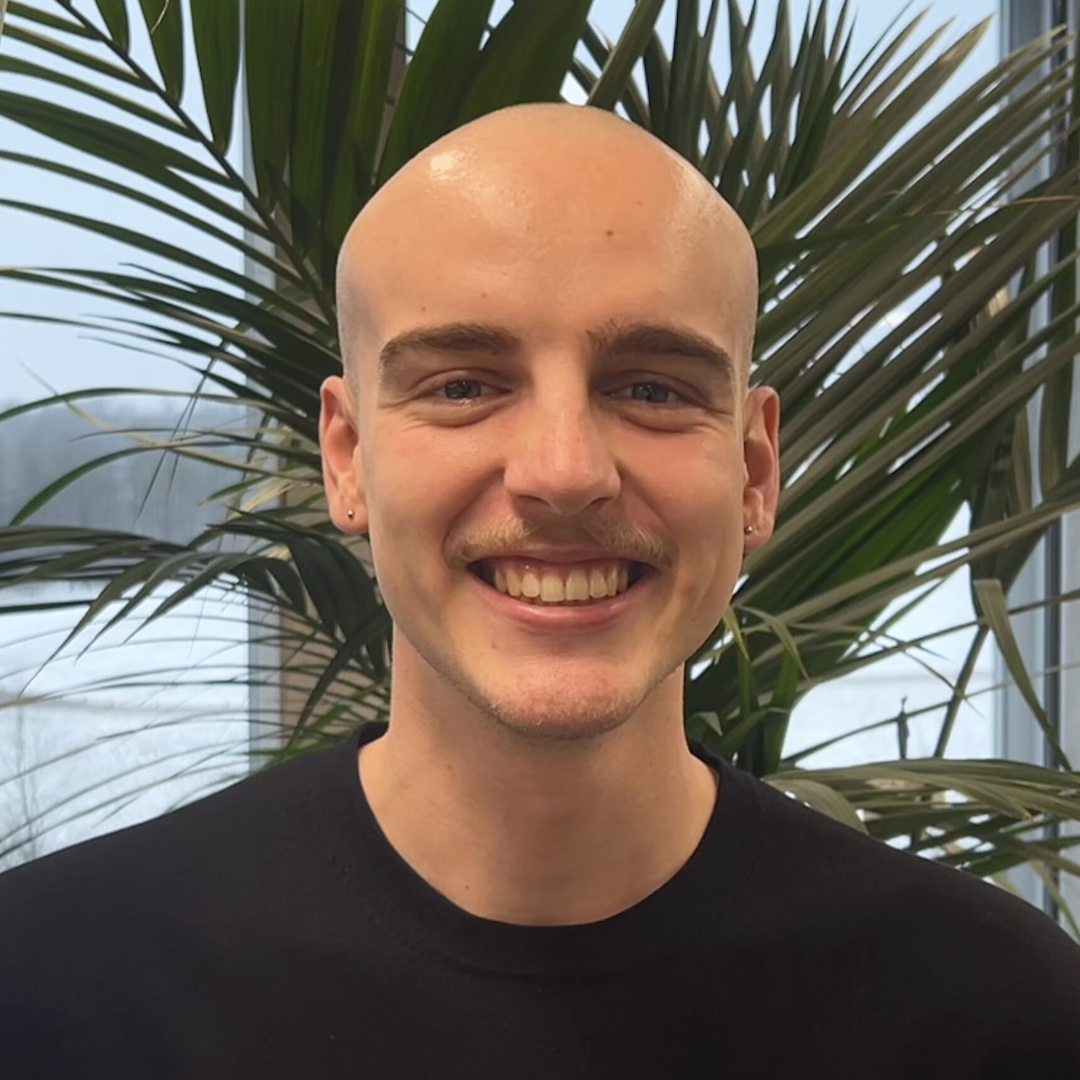
Paolo Tyyko
With his outstanding Bachelor’s thesis entitled “Xenophobic Bias in ChatGPT: An Empirical Cross-Linguistic Research”, Paolo Tyyko makes a decisive contribution to the implementation of the Sustainable Development Goal SDG 10 “Reduced Inequalities”.
Paolo Tyyko (23) studied Information Systems at the University of Zurich and graduated with a Bachelor's degree in 2024. During his studies, he focused on software development and technology ethics. He currently works as a customer success account manager at Microsoft. Paolo lives in Zurich and is interested in languages, hiking and swimming.
Supervisor: Prof. Anikó Hannák
Contact: LinkedIn Paolo Tyyko
Fair or Flawed? Investigating Bias in AI Crime-Related Responses (read Abstract)
Artificial intelligence is reshaping the world, but is it a fair creator? With the rise of tools like ChatGPT, AI has become ubiquitous in nearly every aspect of our lives, often in ways we’re not even aware of. However, biases can sneak into these systems, influencing how they respond to sensitive topics. This Bachelor’s thesis investigates whether ChatGPT exhibits xenophobic bias when discussing crime, analyzing over 400,000 responses across 4 languages and 2 AI models. The findings reveal a pattern: the AI often portrays immigrants from non-Western countries more negatively than those from Western nations. Additionally, its responses vary based on language and gender, with crime being more frequently linked to men. These results underscore a crucial challenge, as ensuring fairness in AI isn’t just a technical issue but a societal responsibility.
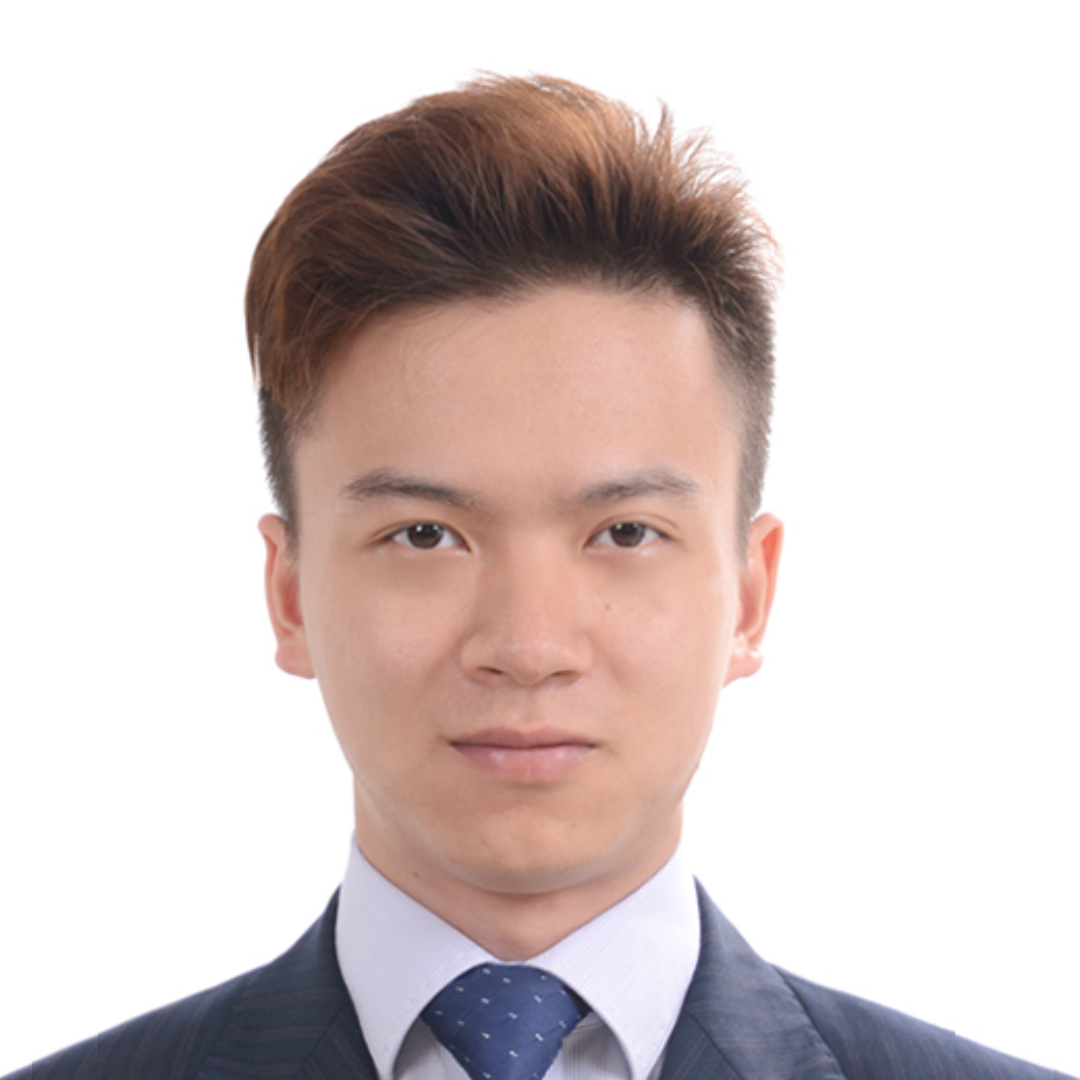
Yuteng Xu
With his outstanding Bachelor’s thesis entitled ”Enabling Sustainability Through Collaboration: A Case Study of Jianghai Capacitor's Contribution to Huawei's Energy Storage Projects”, Yuteng Xu makes a decisive contribution to the implementation of the Sustainable Development Goals SDG 7 “Affordable and Clean Energy”, SDG 12 “Responsible Consumption and Production”, SDG 13 “Climate Action” and SDG 17 “Partnerships for the Goals”.
Yuteng Xu (25) studied Business Administration at the University of Zurich and graduated in 2025. His focus is on buyer-driven sustainable supply chain collaboration. He is currently completing a sales internship at New Order Electronics Co., Ltd. in Shanghai. Xu Yuteng lives in Shanghai and enjoys basketball and photography in his spare time.
Supervisor: Prof. Tarkan Tan
Sustainability begins in the supply chain (read Abstract)
What if a technology giant not only operated sustainably itself, but also helped its suppliers to become heroes of social responsibility and environmental protection? Huawei has chosen this approach. The company helped its partner, Jianghai, increase its CSR score to 80% through a structured, four-step process involving self-assessment, remote communication, on-site audits, and development support. Furthermore, Huawei set an ambitious climate target for Jianghai: CO₂ emissions are to be reduced by 7% annually by 2030. In his study, Yuteng Xu examined how Jianghai can further develop its CSR capabilities and achieve this climate target. He recommends setting up a CSR committee with Huawei's support, using AI technology to increase efficiency, as well as reducing emissions through digital transformation, and promoting renewable energies.
ENGAGEMENT AWARD FOR SPECIAL COMMITMENT ALONGSIDE STUDIES
With the Engagement Award for Special Commitment, the Faculty of Business, Economics and Informatics UZH recognizes students of all levels who distinguish themselves through their achievements, commitment or innovation alongside their studies. The winner was voted by the audience at the graduation ceremony on 24 May 2025.
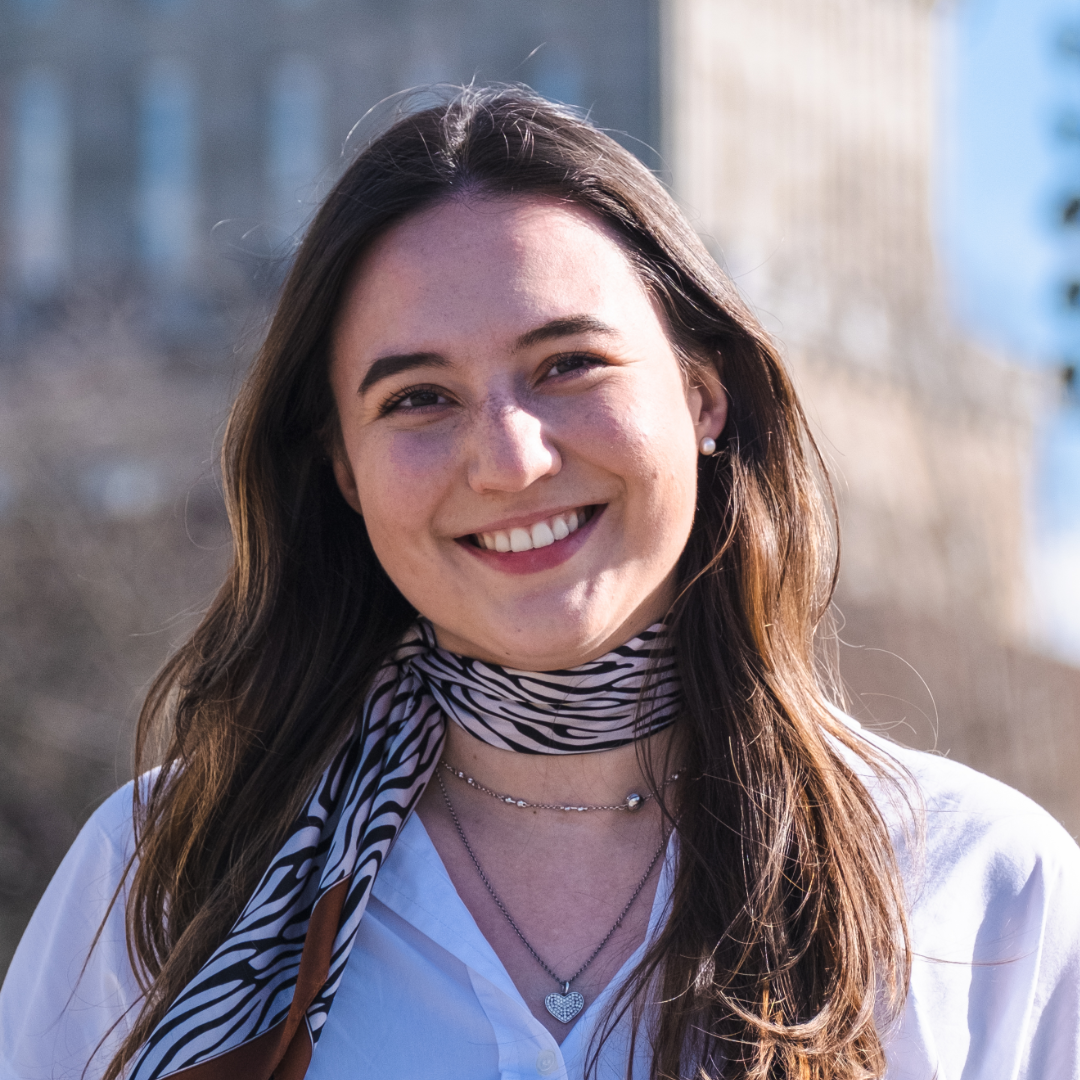
Awardee: Linda Alessandra Fenner
Linda Alessandra Fenner has demonstrated exceptional dedication to the student body of the Faculty over several years. As Events Manager for the Fachverein Oekonomie, she organized five to ten events per semester, including highlights such as OecConnect, the Nachtseminar and the Plattenbar. She led a team of over 25 people with heart, enthusiasm, and inspiring energy. Linda was more than just an organizer; she was the face and driving force of the events team, the inspiration behind countless ideas, and a true motivator. With her open and positive manner, she built and shaped a strong community among the students. Linda was also involved in the VSUZH Council, addressing university-wide issues, and was a member of the fvoec x ICU Parliamentary Group. Through her work, she has not only enriched student life and made a lasting difference - setting an example of active student engagement.
Linda Fenner (23) graduated from UZH in autumn 2024 with a Bachelor's degree in Business Administration and Environmental Sciences. During her studies she was active on the board of the FVOEC and the VSUZH. She currently works in the tax department of a family office in Zurich and will start her Master's studies in autumn 2025. In her free time, she enjoys travelling, sports and spending time with friends.
Contact: LinkedIn Linda Fenner

Nominee: Felix Ritzi
Felix Ritzi has distinguished himself through his outstanding commitment to the University of Zurich for many years. As Co-President of the VSUZH, he represented the interests of the student body with vision and determination. Following his resignation, he assumed the co-leadership of the fvoec x ICU faction, devoting himself increasingly to university policy work at the Faculty of Business, Economics and Informatics. As a member of the Fachverein Oekonomie board and as a student representative on central faculty committees, he is actively involved in shaping the Faculty interests. Felix plays a central role in the areas of transparency in studies and digitalization. Within the VSUZH, he sits on various committees, including the Solidarity Fund and the IT Commission for the design of the online tool bestande.ch. He is an excellent example of the positive impact that student involvement can have. Through his work at the UZH, he is leaving a lasting positive mark.
Felix Ritzi (25) is in his sixth semester of studying Information Systems and Business Administration and will graduate this winter with a Bachelor's degree. In addition to his studies, he is interested in blockchain technology and is involved in various projects in this area. In his free time, Felix Ritzi can be found outdoors or with friends.
Contact: LinkedIn Felix Ritzi
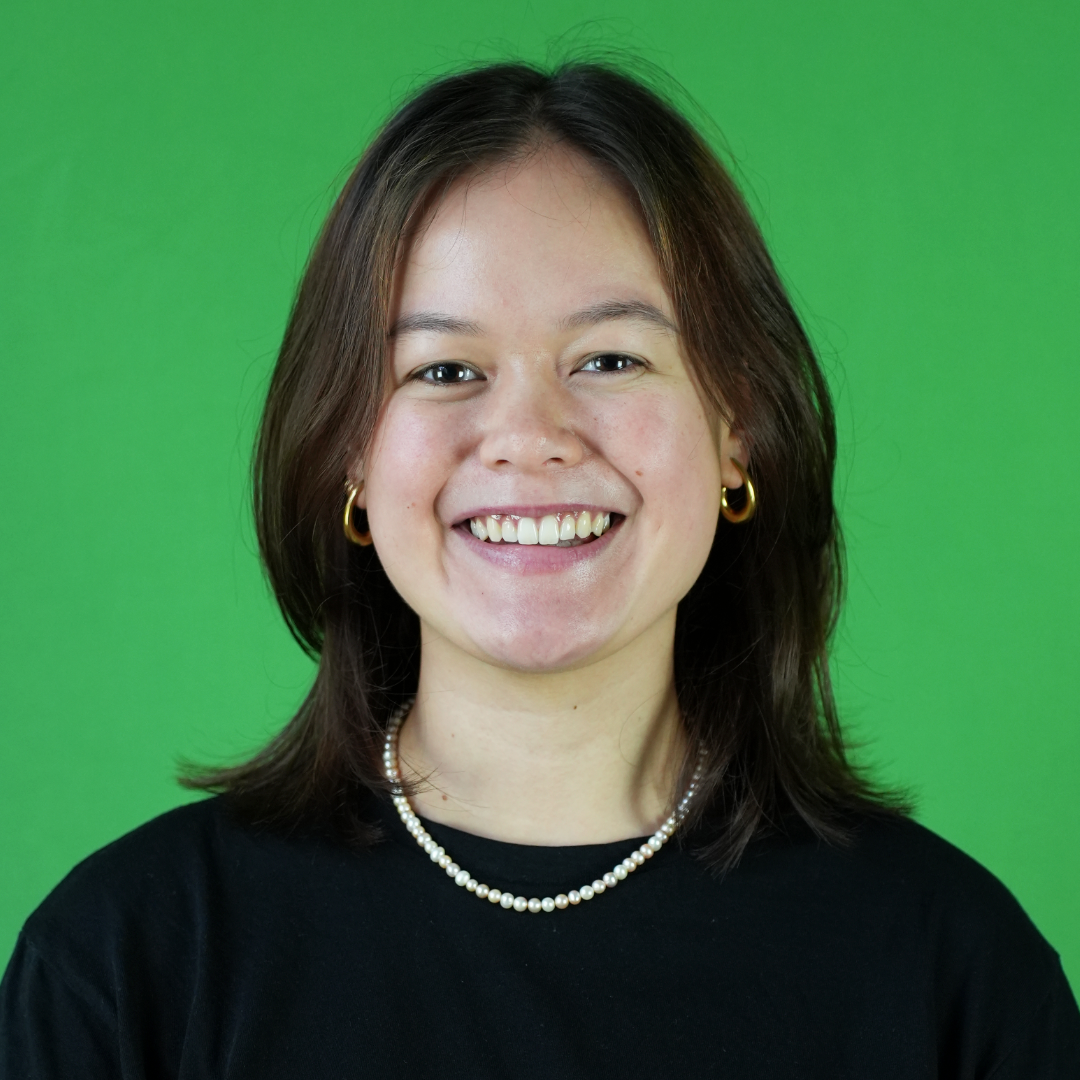
Nominee: Chiara Alicia Wooldridge
Chiara Alicia Wooldridge is deeply committed to the interests of students at UZH. As the representative of the BSc and MSc Informatics students, and as an active member of the ICU student association, she consistently contributed innovative and constructive ideas to the Department of Informatics, the VSUZH and her fvoec x ICU fraction. She also acts as an important interface between the students and the institutional departments. Her tireless personal commitment and constructive contribution at all levels make her a central voice for students and an extremely valuable asset to the UZH.
Chiara Alicia Wooldridge (22) is in her 4th semester at the University of Zurich, studying Software Systems and minoring in History, Society, Politics. In addition to her studies, she can often be found rowing on Lake Zurich or participating in various outdoor sports. Professionally, she works as co-leader of the Impulsfabrik at the UZH and introduces young girls to programming and technology as part of the NGO GirlsCodeToo. Chiara is particularly interested in education policy and is already actively involved in various initiatives in this area.
|
The Sustainable Development Goals (SDGs) are to be achieved globally and by all UN member states by 2030. This means that all states are equally called upon to solve the world's pressing challenges together. Switzerland is also called upon to implement the goals nationally. Incentives are also to be created so that non-state actors increasingly make an active contribution to sustainable development. |
